For decades, the path to mainstream success for R&B artists involved crossing over to Top 40 radio and the pop charts. However, in the 21st century, the dynamic has shifted. Now, it’s often the pop world that seems to be crossing over to R&B. The genre has reached unprecedented levels of success, relevance, and artistic ambition. Some of the most culturally impactful and commercially successful albums of this century are undeniably R&B records. Consider Usher’s diamond-certified Confessions, Beyoncé’s groundbreaking Lemonade, Mariah Carey’s triumphant The Emancipation of Mimi, and Rihanna’s genre-bending Anti. R&B hits consistently dominate the top echelons of music charts, showcasing the genre’s pervasive influence and broad appeal.
Aesthetically, contemporary R&B is incredibly diverse. It encompasses the grounded traditionalism of neo-soul artists like Bilal, Jill Scott, and Erykah Badu, the refined piano-driven sounds of Alicia Keys and John Legend, the futuristic visions of Janelle Monáe, the atmospheric and moody vibes of The Weeknd, the raw authenticity of Monica and SZA, the trap-infused soul of Bryson Tiller, and a multitude of other subgenres and styles. The convergence of hip-hop and R&B, which began in the 1990s, has only deepened, leading Billboard to acknowledge this synergy by renaming its R&B chart to Hot R&B/Hip-Hop Songs in 1999. This blend is evident in many iconic songs, including tracks from artists like Outkast, Pharrell, and Drake, which blur genre lines and highlight the interconnectedness of modern music.
The once distinct worlds of R&B and indie music have also collided, with innovators like Frank Ocean, Childish Gambino, and Solange achieving critical acclaim and mass appeal, bridging the gap between mainstream audiences and discerning listeners. Similarly, R&B’s biggest stars, such as Beyoncé and Rihanna, have maintained their superstar status while firmly rooted in their R&B identity. They’ve achieved a balance that was arguably more challenging for previous generations of icons like Michael Jackson or Whitney Houston, even at the height of their careers. Solange notably championed “the culture of R&B” in a 2013 tweet, a concept that might have seemed niche or less defined in the mainstream music landscape of the 1980s or 1990s.
The Internet, ‘Special Affair’
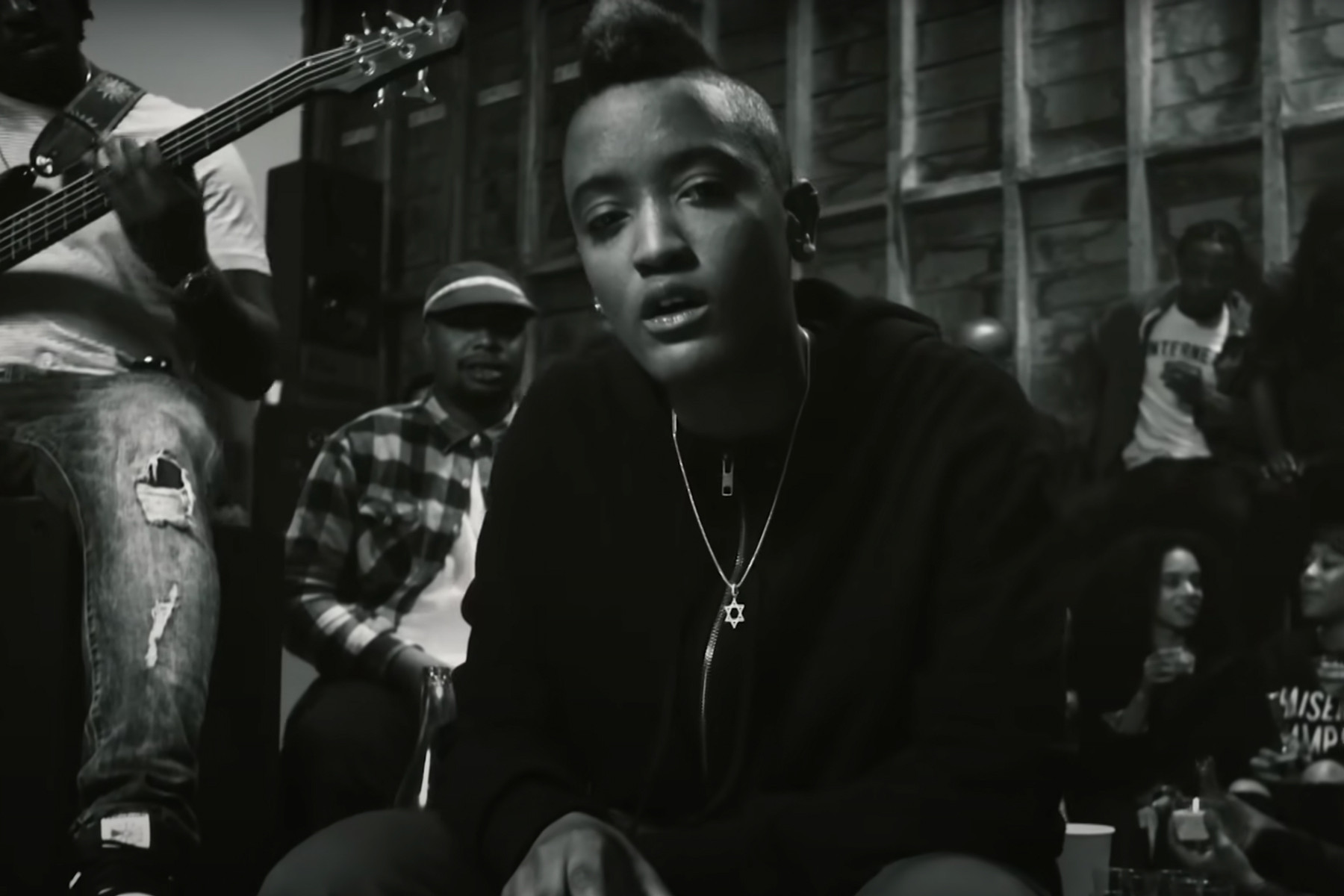 Syd from The Internet performing Special Affair
Syd from The Internet performing Special Affair
The Internet, an R&B collective with roots in Odd Future, showcased their evolution on their third album, Ego Death. They moved beyond their earlier experimental soundscapes to craft more defined and captivating tracks, brimming with unexpected hooks. “Special Affair,” the album’s lead single, exemplifies this progression. It’s rich with atmosphere, creating an immersive sonic experience. Singer Syd’s opening lines, “I know what you want/I can read your mind even from behind,” set a tone of alluring confidence that only intensifies as she weaves in references to Patron and its intoxicating effects. The music pulses with a sleek, nocturnal energy, evoking a nightclub that exists outside of time.—C.P.
Jill Scott, ‘A Long Walk’
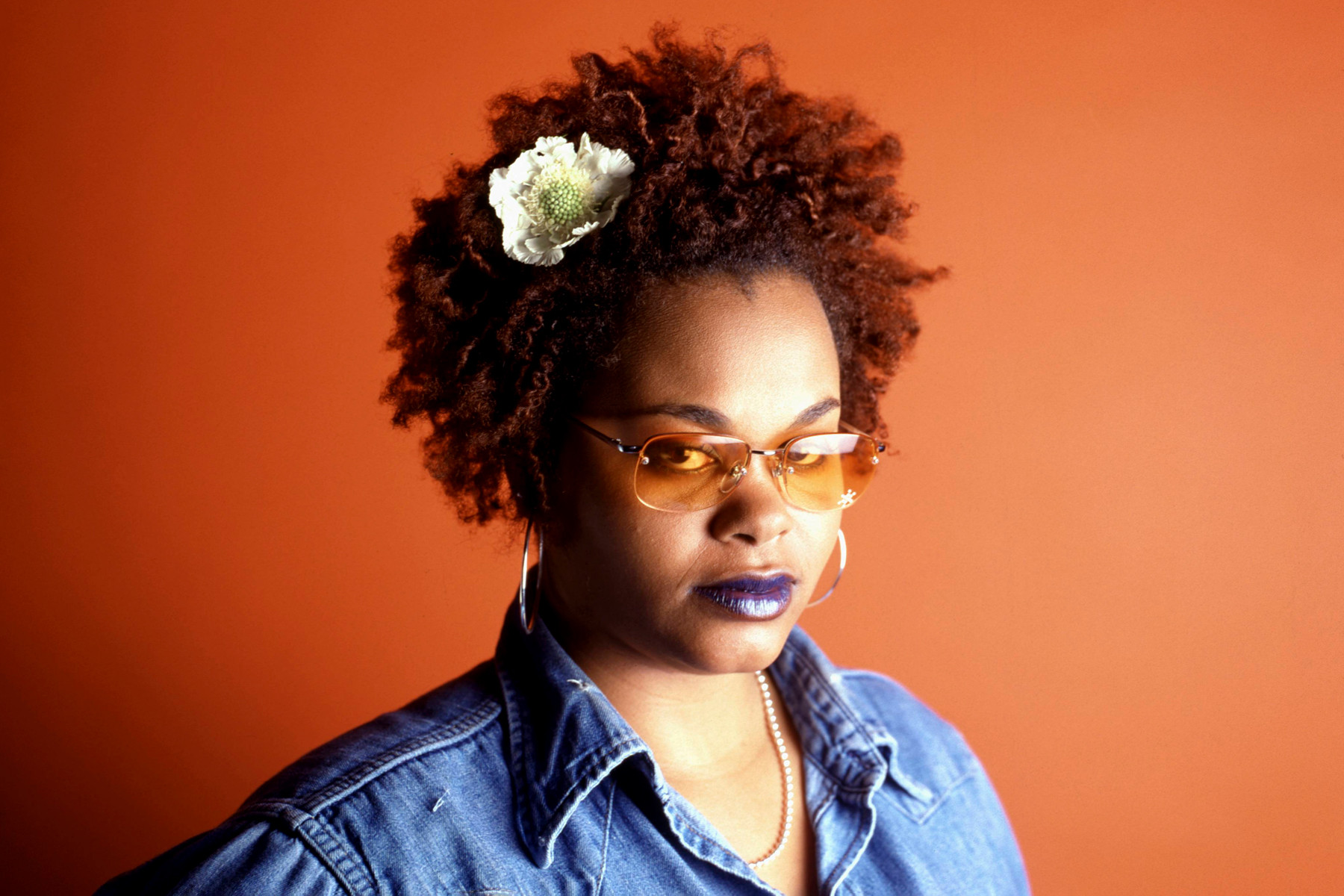 Jill Scott performing A Long Walk live
Jill Scott performing A Long Walk live
Philadelphia emerged as a vibrant hub for hip-hop soul in the late 1990s and early 2000s, nurturing artists like The Roots, Musiq Soulchild, and Jill Scott. “A Long Walk,” from Jill Scott’s critically acclaimed debut album, Who Is Jill Scott? Vol 1, is a defining track of this Philly soul renaissance. With lyrics that explore themes of love, intimacy, and connection, such as “conversations, verbal elation, stimulation/Maybe we could talk about Surah 31:18,” the song unfolds as a smooth, relatable reflection on the nuances of Black womanhood, delivered by Scott’s powerful vocals and neo-soul artistry.—K.T.
Raphael Saadiq feat. D’Angelo, ‘Be Here’
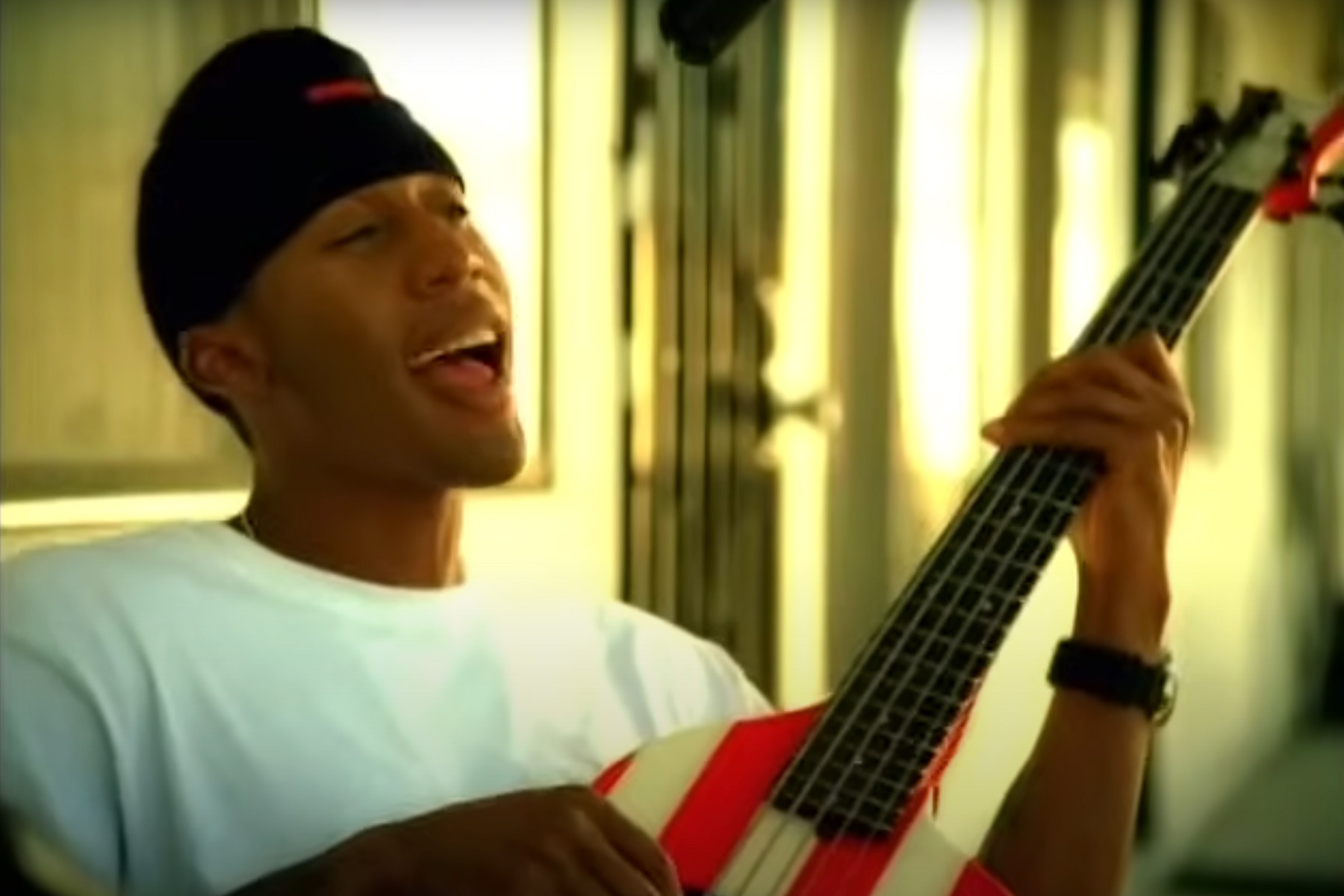 Raphael Saadiq and D'Angelo collaborating on Be Here
Raphael Saadiq and D'Angelo collaborating on Be Here
This 2002 collaboration between neo-soul icons Raphael Saadiq and D’Angelo delves into the complexities of male romantic desire. Set against a rhythm that is both relaxed and urgent, “Be Here” features the two singers detailing the ways they would cater to their partner’s every need, from morning routines to intimate moments. The song is a slow-burn seduction that extends through the outro, where Saadiq and D’Angelo engage in vocal interplay before their voices intertwine in harmonious convergence.—M. Johnston
Steve Lacy, ‘Bad Habit’
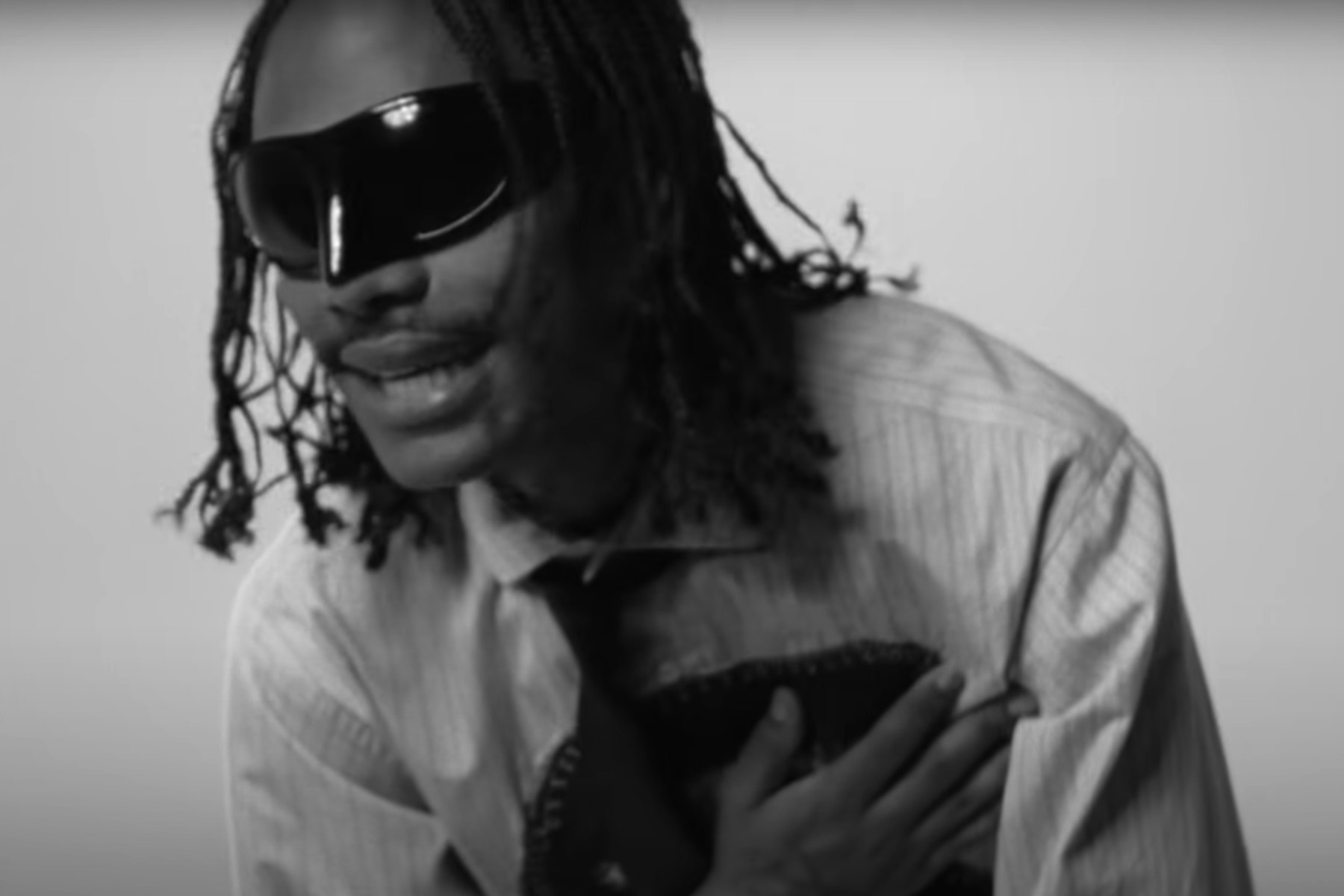 Steve Lacy performing Bad Habit on stage
Steve Lacy performing Bad Habit on stage
Steve Lacy initially gained recognition as a guitarist for the alt-R&B group The Internet. However, his 2022 album, Gemini Rights, marked his breakthrough as a solo artist, propelled by the chart-topping hit “Bad Habit.” This breezy track captures the internal conflict of romantic indecision. The radio edit, while successful, omitted the final minute of the four-minute song, missing Lacy’s evocative outro where he croons, “you can’t surprise a Gemini,” highlighting his unique approach to song endings. Fans familiar with The Internet and Lacy’s earlier work, including tracks like “Dark Red” and “N Side,” were already aware of his introspective style’s potential. “Bad Habit” broadened Lacy’s audience, resonating with listeners of all ages who connected with the opening line, “I wish I knew you wanted me.”—M.Jordan
Tweet feat. Missy Elliott, ‘Oops (Oh My)’
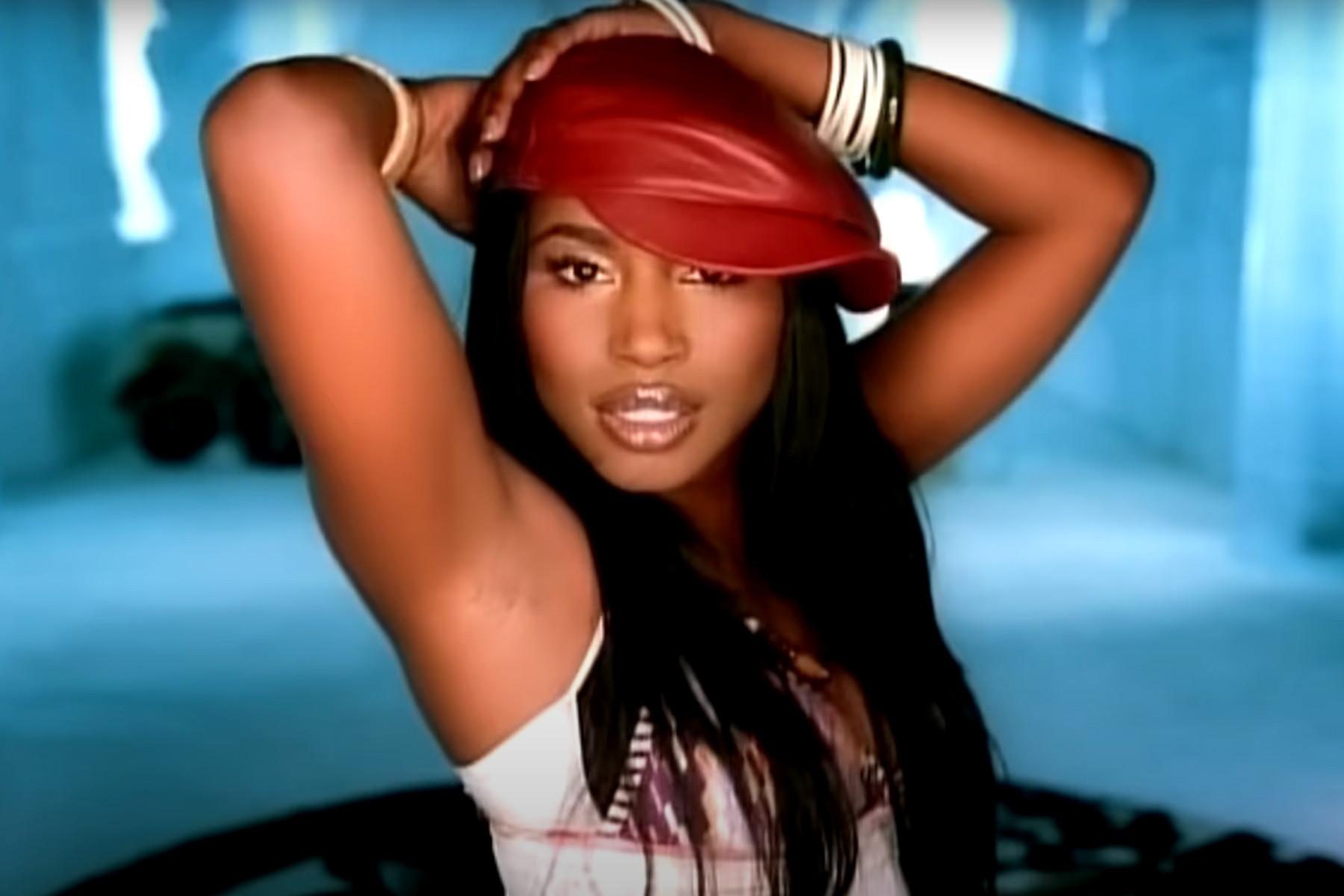 Tweet and Missy Elliott collaborating on Oops (Oh My)
Tweet and Missy Elliott collaborating on Oops (Oh My)
Tweet’s celebration of self-love, “Oops (Oh My),” gained mainstream traction thanks to Timbaland’s innovative, glitchy production and Missy Elliott’s playful, suggestive narration. Charlene Keys’ 2002 single, sometimes misinterpreted as a Y2K R&B twist on “I Touch Myself,” derives its true power from her joyful vocal performance. It perfectly captures the liberating feeling of self-acceptance. As Missy Elliott clarified in a 2021 post, the song was “always about her appreciating her Dark Skin (Self Love) when she looked in the mirror.” She added, “it was the listeners that thought it was about sex & just ran with it… & we just let the consumers mind create what they wanted.” —M. Johnston
D’Angelo and the Vanguard, ‘Really Love’
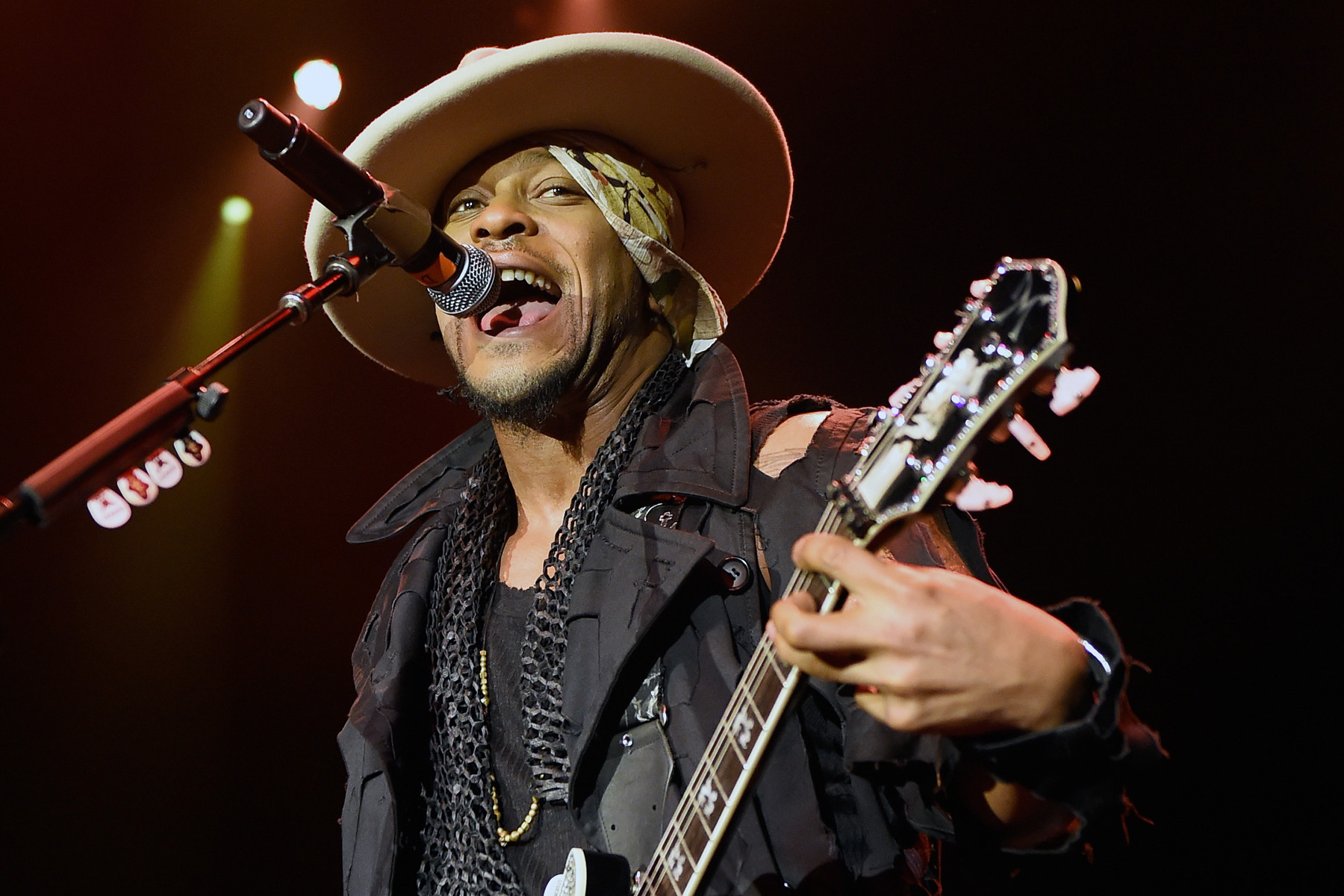 D'Angelo performing Really Love with The Vanguard
D'Angelo performing Really Love with The Vanguard
D’Angelo’s album Black Messiah followed Voodoo after a nearly 15-year hiatus, a period marked by personal struggles. However, “Really Love” was consistently part of the project throughout its development. Questlove initially leaked an early version in 2007, revealing the song’s enduring melody and flamenco guitar elements. The final version incorporates sweeping strings that add a layer of subtle melancholy. “Really Love” is an uplifting and intricate composition, a testament to D’Angelo’s artistry and the foundation upon which he built his masterpiece album.—C.P.
Childish Gambino, ‘Redbone’
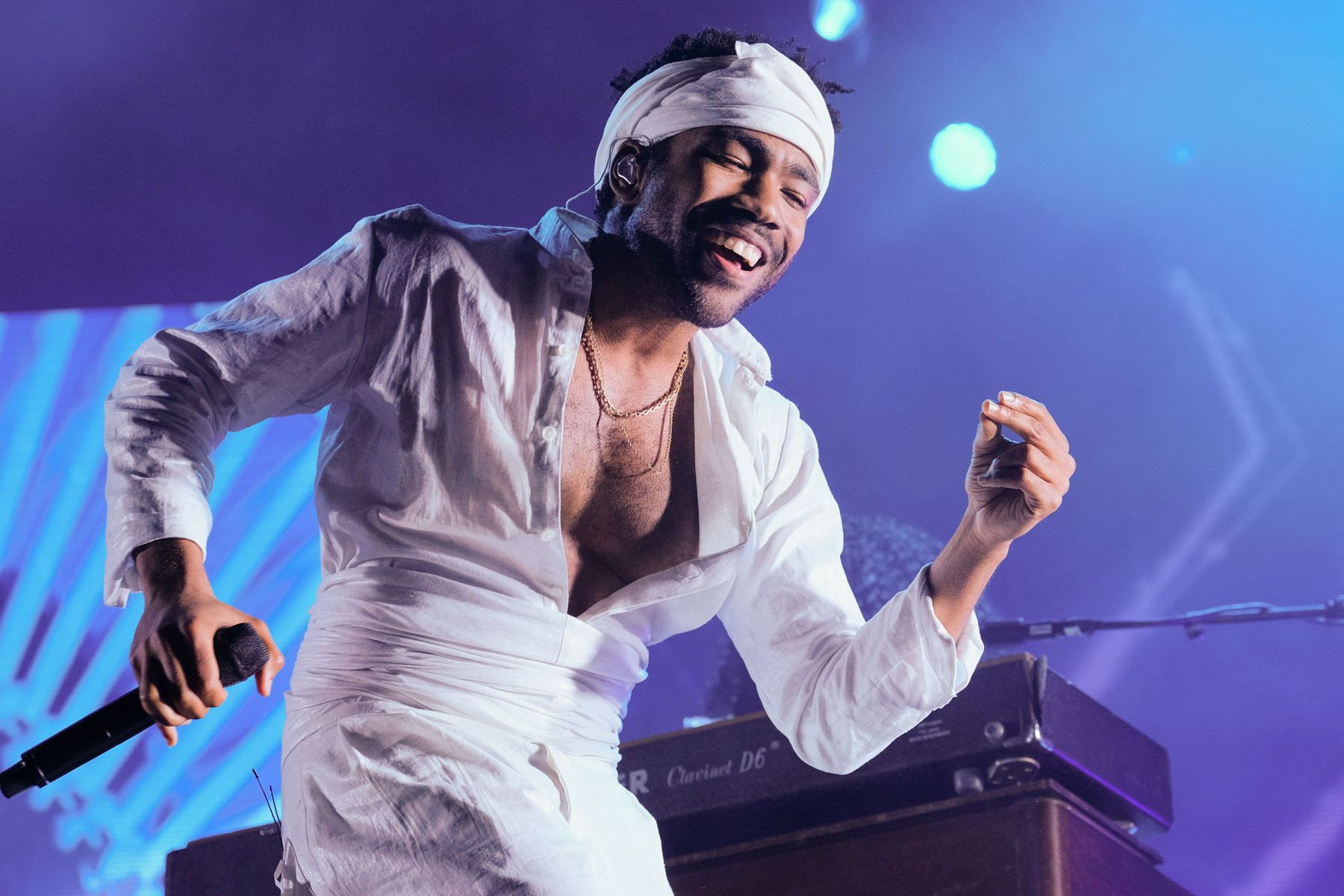 Childish Gambino performing Redbone at Governors Ball
Childish Gambino performing Redbone at Governors Ball
Donald Glover, known as Childish Gambino in his music persona, surprised many with “Redbone,” one of the most distinctive and popular R&B tracks of the 2010s. “I didn’t expect it to be a zeitgeist song,” Gambino admitted in a 2017 interview. “Like, it seemed like it just crawled in there … it’s cool that people connected to it. I feel like that’s exactly what you want to do as an artist.” He showcased his impressive vocal range, employing a striking falsetto that evoked the spirit of Bootsy Collins for a contemporary audience.—M.C.
Jagged Edge, ‘Let’s Get Married’
 Jagged Edge performing Let's Get Married live
Jagged Edge performing Let's Get Married live
“Let’s Get Married” initially presented a somewhat hesitant view of commitment, expressing reservations about single life. However, Jermaine Dupri’s “ReMarqable remix” transformed the song into a celebratory wedding anthem. By adding upbeat horn sections and a dynamic guest verse from Rev Run, the remix infused the track with exuberance and romance. The original’s reluctant tone shifts to passionate devotion, portraying a couple embracing commitment with wholehearted enthusiasm.—C.P.
The Weeknd, ‘Wicked Games’
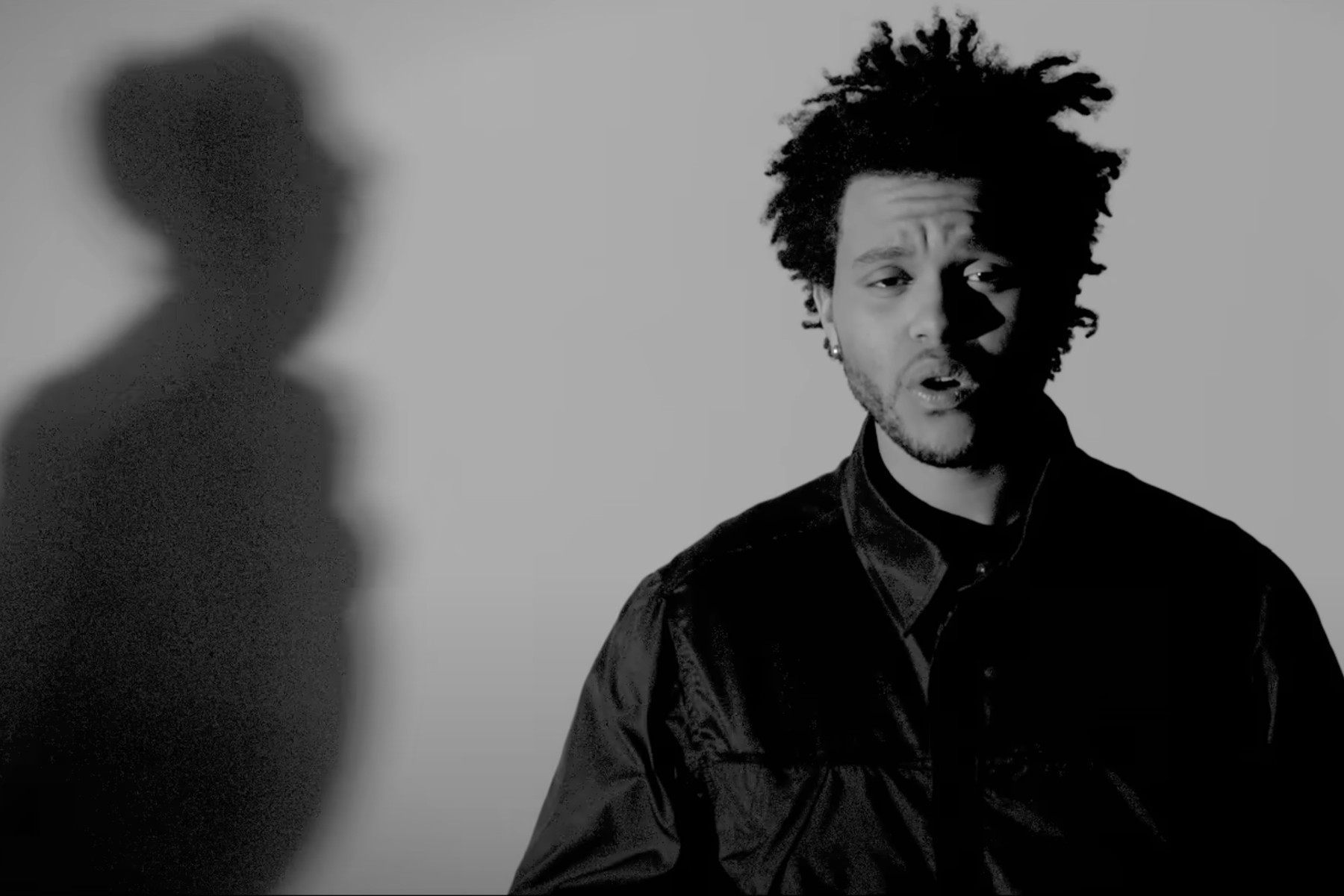 The Weeknd performing Wicked Games on stage
The Weeknd performing Wicked Games on stage
“Bring the drugs, baby, I could bring my pain,” The Weeknd declares in “Wicked Games,” a song characterized by its gothic guitar riffs and stark drum patterns. This debut single cast a shadowy, sensual atmosphere over popular music that persists today. Abel Tesfaye, emerging from Toronto, redefined the image of the late-night lover as someone deeply flawed and emotionally complex – moody, needy, and aggressive. Lines like the passive-aggressive “I’ll give you what I need” paradoxically enhanced his appeal, drawing listeners in with his captivating falsetto for over a decade.—J.D.
Ne-Yo, ‘So Sick’
 Ne-Yo performing So Sick live
Ne-Yo performing So Sick live
Shaffer Smith, known as Ne-Yo, is recognized for his songwriting precision, and “So Sick,” his second single, exemplifies this talent. The song poignantly details the everyday reminders of lost love that become acutely painful after a breakup, from answering machine messages to ubiquitous love songs on the radio. Ne-Yo’s understated vocal delivery imbues the song’s melancholic mood with a bittersweet quality, highlighting the gentle tragedy of his inability to escape the constant reminders of a past relationship.—M. Johnson
Musiq Soulchild, ‘Love’
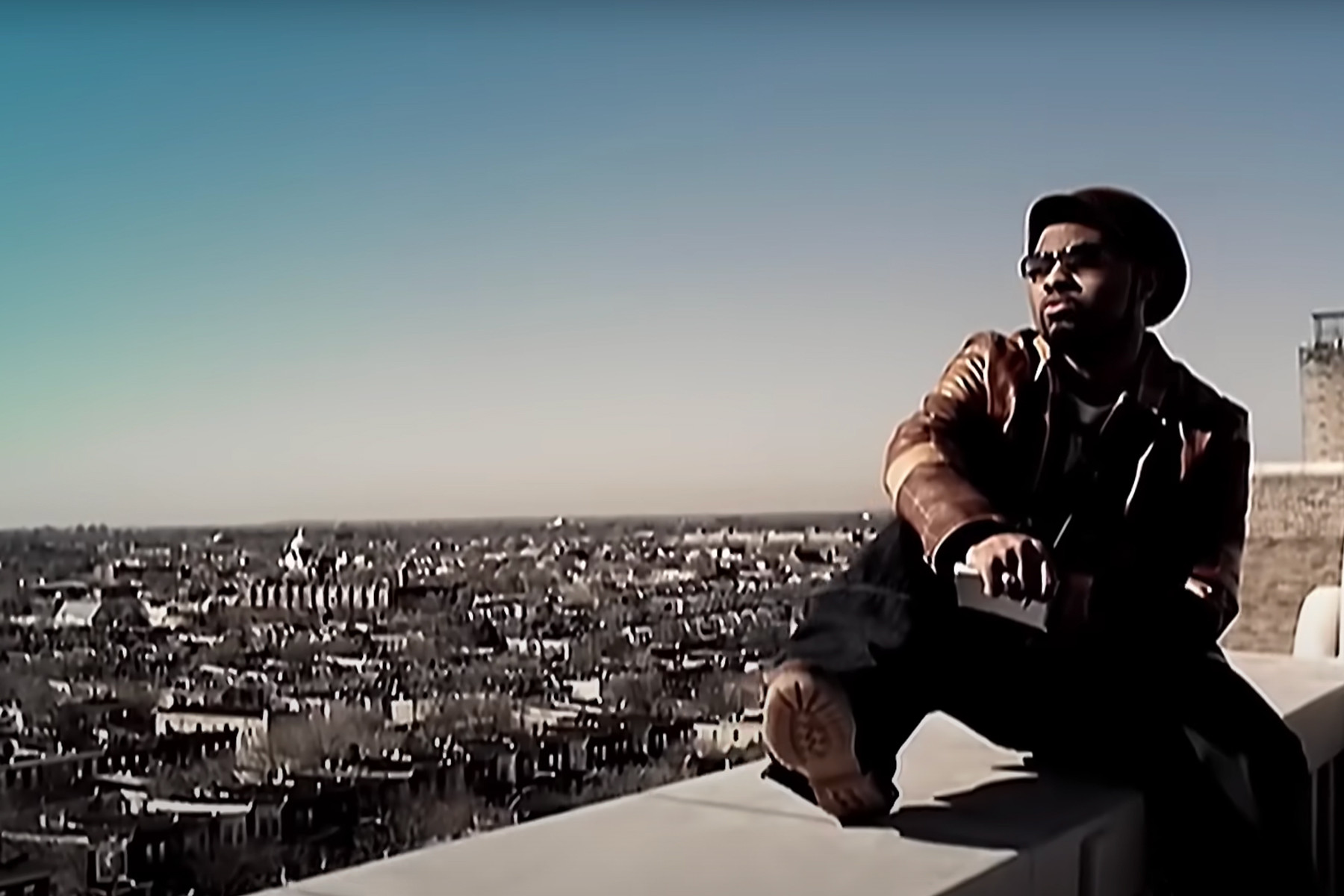 Musiq Soulchild performing Love with his Rhodes keyboard
Musiq Soulchild performing Love with his Rhodes keyboard
Musiq Soulchild, a singer-songwriter and keyboardist, rose to prominence during the Philly soul resurgence led by Questlove. His platinum-selling debut, Aijuswanaseing, featured “Love,” an R&B anthem that he subtly subverts with the off-kilter rhythms and jazzy tones characteristic of the Soulquarians movement. This is evident in the chorus delivery by Musiq and backing vocalists Kindred the Family Soul and Aaries, particularly in the pauses between “your name in vain” in the lyric, “Love/So many people use your name in vain.” The track remains a landmark of neo-soul innovation.—M.R.
Bilal, ‘Soul Sista’
 Bilal performing Soul Sista on stage
Bilal performing Soul Sista on stage
Bilal, a vocal prodigy from Philadelphia, secured a record deal after a demo recorded while studying at New York’s New School for Jazz and Contemporary Music. He soon collaborated with producers like Dr. Dre and J. Dilla on his debut album. 1st Born Second (2001) garnered critical acclaim for its organic, relaxed neo-soul vibe. “Soul Sista,” the album’s breakout single, is a lush tribute to an alluring woman, featuring a languid groove and passionate background vocals that perfectly complement Bilal’s cool sensuality.—J.D.
Estelle feat. Kanye West, ‘American Boy’
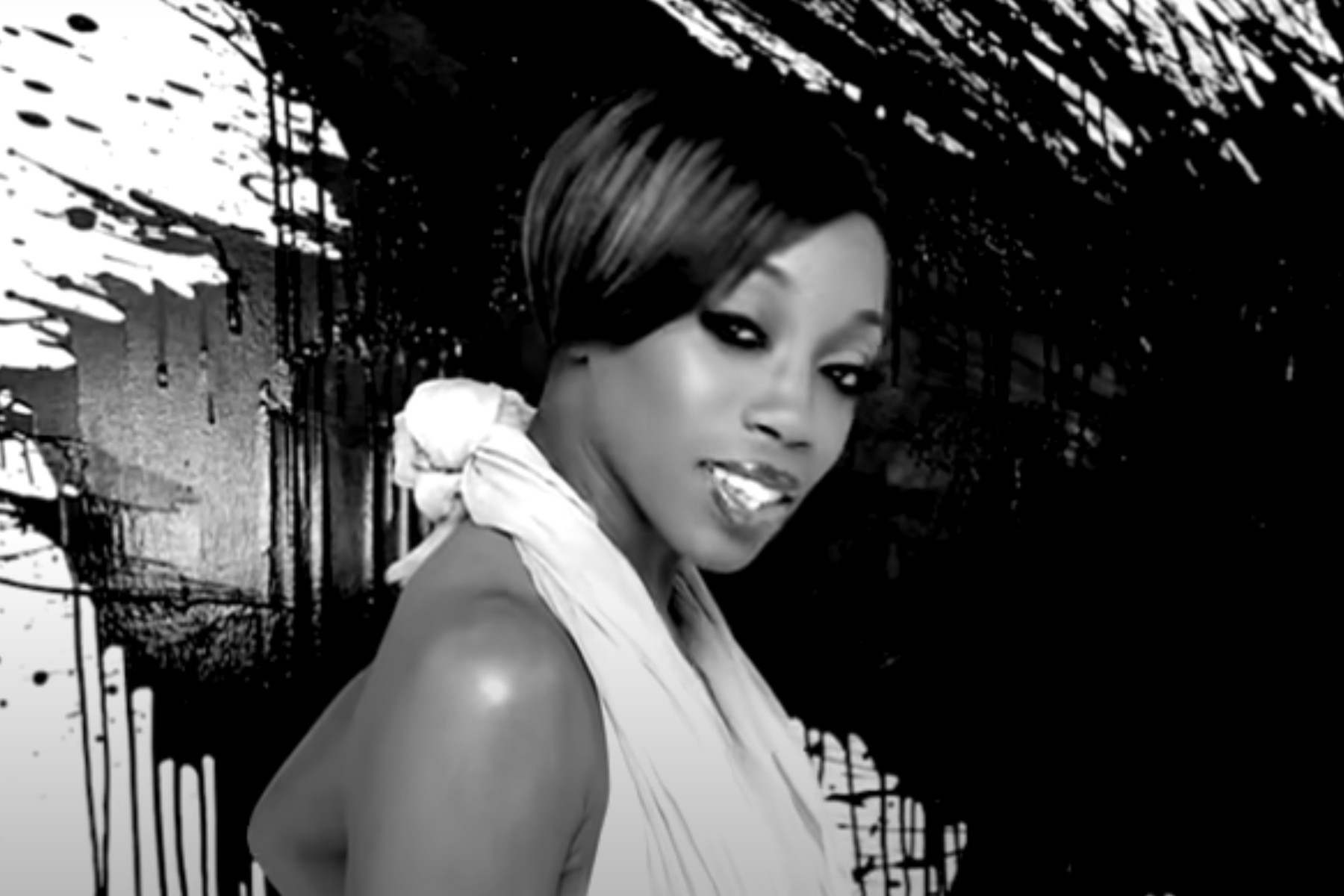 Estelle and Kanye West collaborating on American Boy
Estelle and Kanye West collaborating on American Boy
“American Boy” (2008) paints a dreamy picture of big city allure, with Estelle’s delicate vocals floating over a heavy bassline and cricket-like synths. This Grammy-winning track introduced UK singer Estelle to American audiences, featuring Kanye West, then at the peak of his influence, along with songwriting contributions from John Legend and will.i.am. The song presents a romanticized vision of New York and Los Angeles, filled with infatuation, confident men of average height, and stylish peacoats. However, it avoids overly sentimentalizing love in America, instead depicting romance in a major US city as potentially fleeting, materialistic, and as dazzling as Times Square.—E.B.
Snoh Aalegra, ‘I Want You Around’
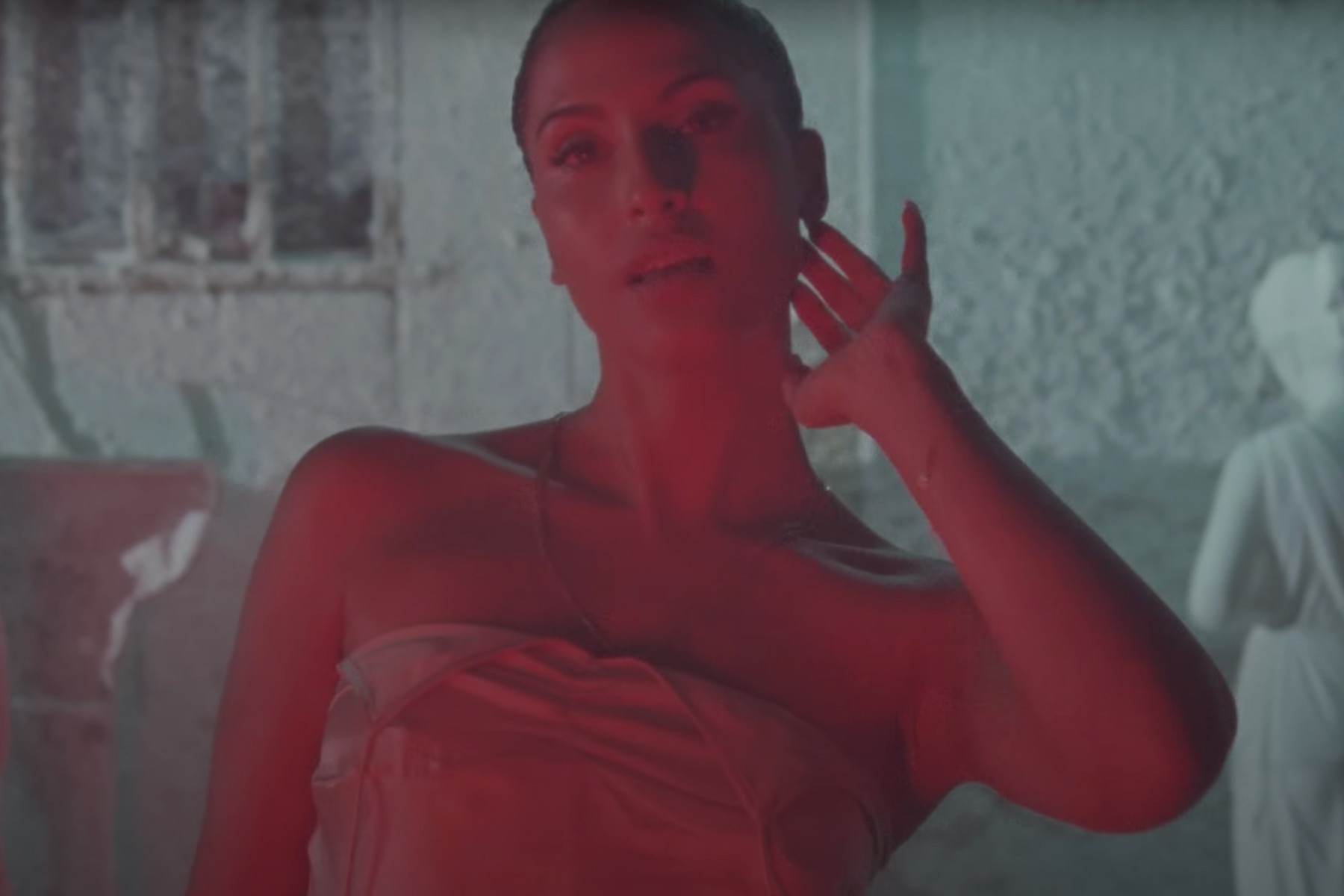 Snoh Aalegra performing I Want You Around live
Snoh Aalegra performing I Want You Around live
Snoh Aalegra is known for her cool demeanor, which she often subtly subverts in her music. “I Want You Around” captures the intense tension of being deeply attracted to someone while holding back for fear of rejection. The track’s heavy bass and gentle piano, crafted by producers Cam O’bi and Rob Holladay, provide a perfect backdrop for Aalegra’s yearning vocals, enhanced by echoes of Dutch singer Levin Kali. Featured on her album Ugh, Those Feels Again, “I Want You Around” steadily climbed the Billboard R&B chart, reaching the top spot in 2020, 41 weeks after its 2019 release.—E.B.
Anthony Hamilton, ‘The Point of It All’
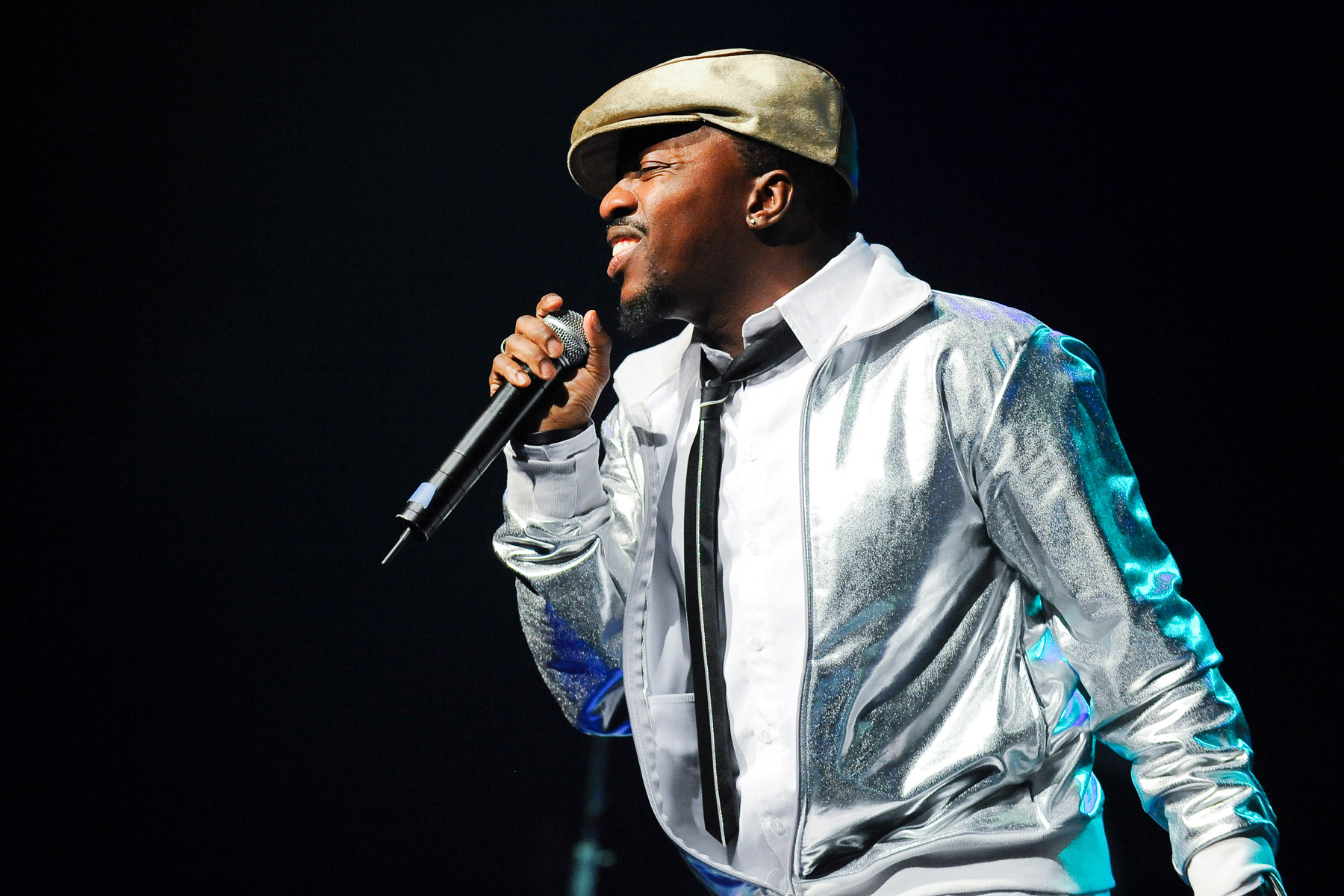 Anthony Hamilton performing The Point of It All in New York
Anthony Hamilton performing The Point of It All in New York
Anthony Hamilton, a master of Southern soul, expresses complete devotion in “The Point of It All,” the title track from his fourth album. He declares that his entire world revolves around his beloved. Hamilton’s vocal style is reminiscent of Bill Withers and Al Green, particularly when he reaches his higher register. The spacious arrangement combines a sharp beat with electric piano, gospel organ, and guitar twang, creating a rich sonic texture over which Hamilton’s layered vocals build to a heartfelt declaration: “The point of it all, is I love you,” delivered with undeniable conviction.—J.F.
Carl Thomas, ‘I Wish’
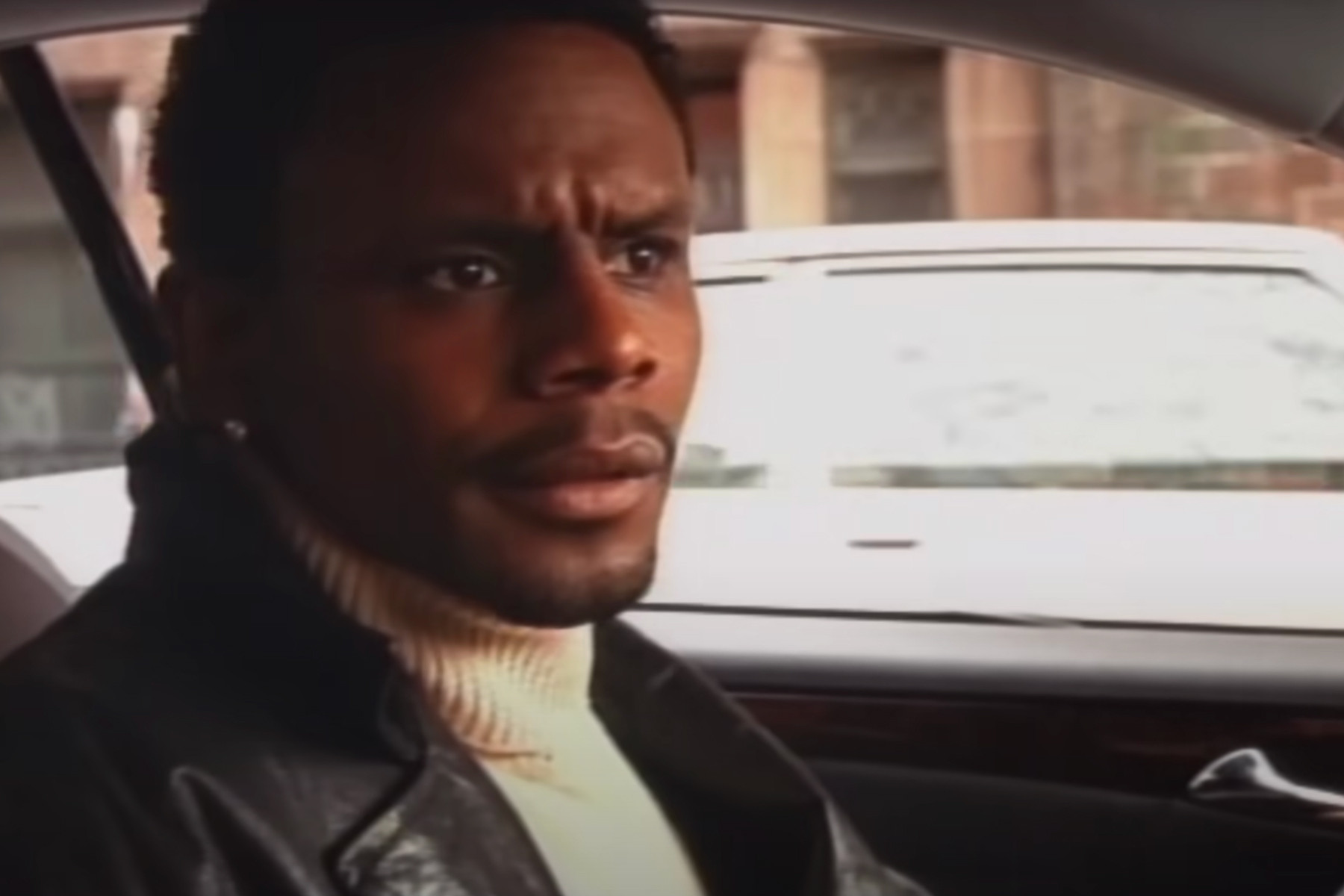 Carl Thomas performing I Wish on stage
Carl Thomas performing I Wish on stage
Carl Thomas, while not achieving mainstream pop recognition, is highly regarded in the R&B world as a gifted singer-songwriter who upheld traditional soul in the 2000s. His 2000 debut, Emotional, is considered a genre classic. “I Wish,” the album’s hit single, tells the story of a man falling for a woman with a family. It showcased Thomas’s smooth vocals while maintaining a contemporary appeal that resonated across generations. Jay-Z sampled “I Wish” in his 2000 hit ”I Just Wanna Love U (Give It 2 Me).”—K.T.
Ginuwine, ‘Differences’
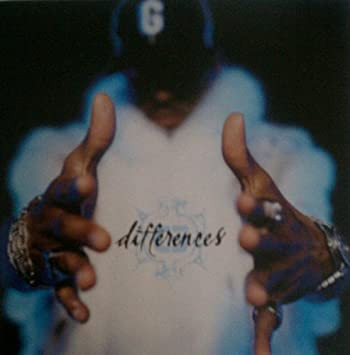 Ginuwine performing Differences live
Ginuwine performing Differences live
Ginuwine is often remembered for “Pony,” his sexually charged collaboration with Timbaland that significantly shaped pop music. However, the D.C. singer also produced several sincere romantic hits, including “Differences.” This track exudes genuine romanticism. With the opening lines, “My whole life has changed/Since you came in, I knew back then/You were that special one/I’m so in love, so deep in love,” the memorable chorus has become a staple for singalongs, intimate moments, and wedding playlists. Produced by Troy Oliver, the song soars as Ginuwine passionately declares, “I’m addicted to your love, baby!”—M.R.
Fantasia, ‘When I See U’
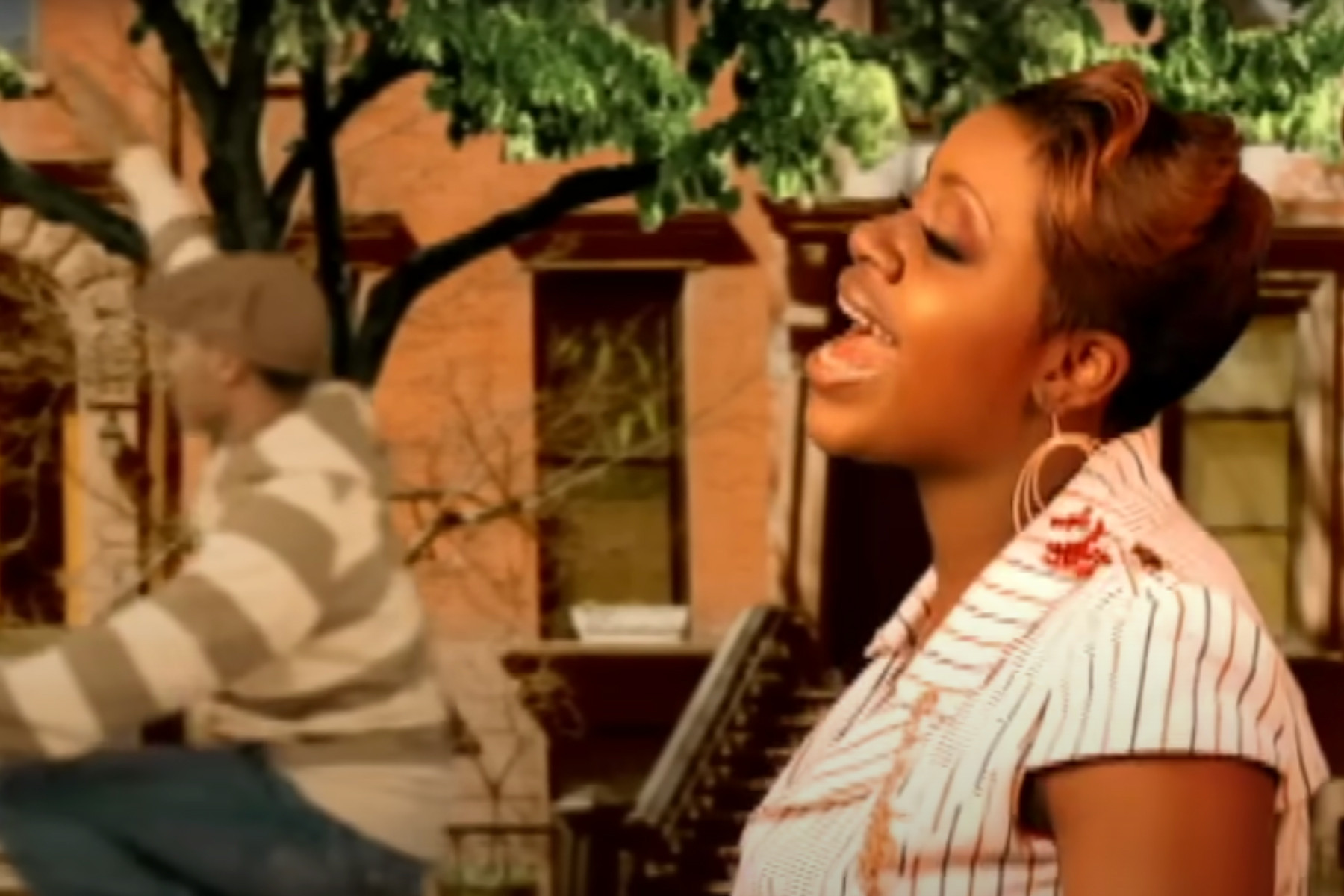 Fantasia Barrino performing When I See U on stage
Fantasia Barrino performing When I See U on stage
Fantasia Barrino’s performance of “When I See You” is imbued with such passion and artistry that it has captivated listeners since its release. “Something now is taking over me,” Fantasia powerfully sings at the bridge, encapsulating a universal feeling of infatuation. The song’s appeal is evident in group singalongs, whether at weddings or clubs. It evokes both youthful crushes and timeless romantic longing.—M.C.
Amerie, ‘1 Thing’
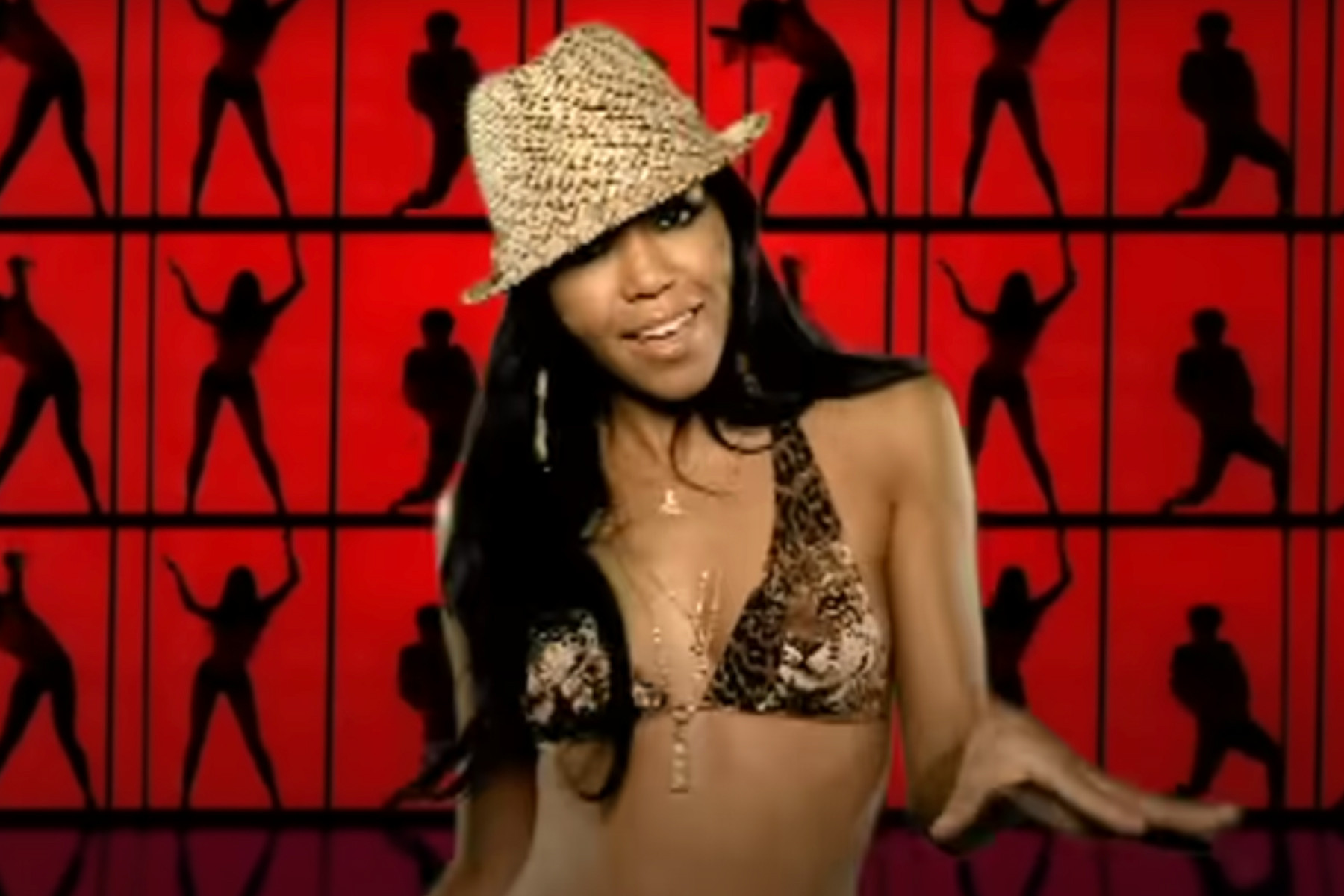 Amerie performing 1 Thing live
Amerie performing 1 Thing live
“1 Thing” ostensibly focuses on a specific action by a lover that captivated Amerie, but the true standout element is the drums. Rich Harrison’s masterful 10-second sample of the Meters’ “Oh, Calcutta!” is considered one of the greatest samples in music history. It incorporates bongos, cowbells, and crash cymbals into a dizzying, rhythmic interplay. Amerie shines against this vibrant backdrop, creating new rhythms and catchy hooks. By the song’s conclusion, she ascends into vocal runs, propelled by the liberating energy of the beat.—C.P.
Rihanna, ‘Needed Me’
“Didn’t they tell you that I was a savage?” Rihanna coolly questions a clingy ex in 2016’s “Needed Me.” It showcases the Bajan superstar at her most icily detached, dismissing the notion that the relationship was anything more than casual. DJ Mustard’s production creates a dark, atmospheric soundscape with ghostly synths, dubstep-like buzzes, and sharp snare drums, perfectly complementing Rihanna’s vocal delivery. Few artists can embody their characters with such effortless swagger.—J.F.
The-Dream, ‘Falsetto’
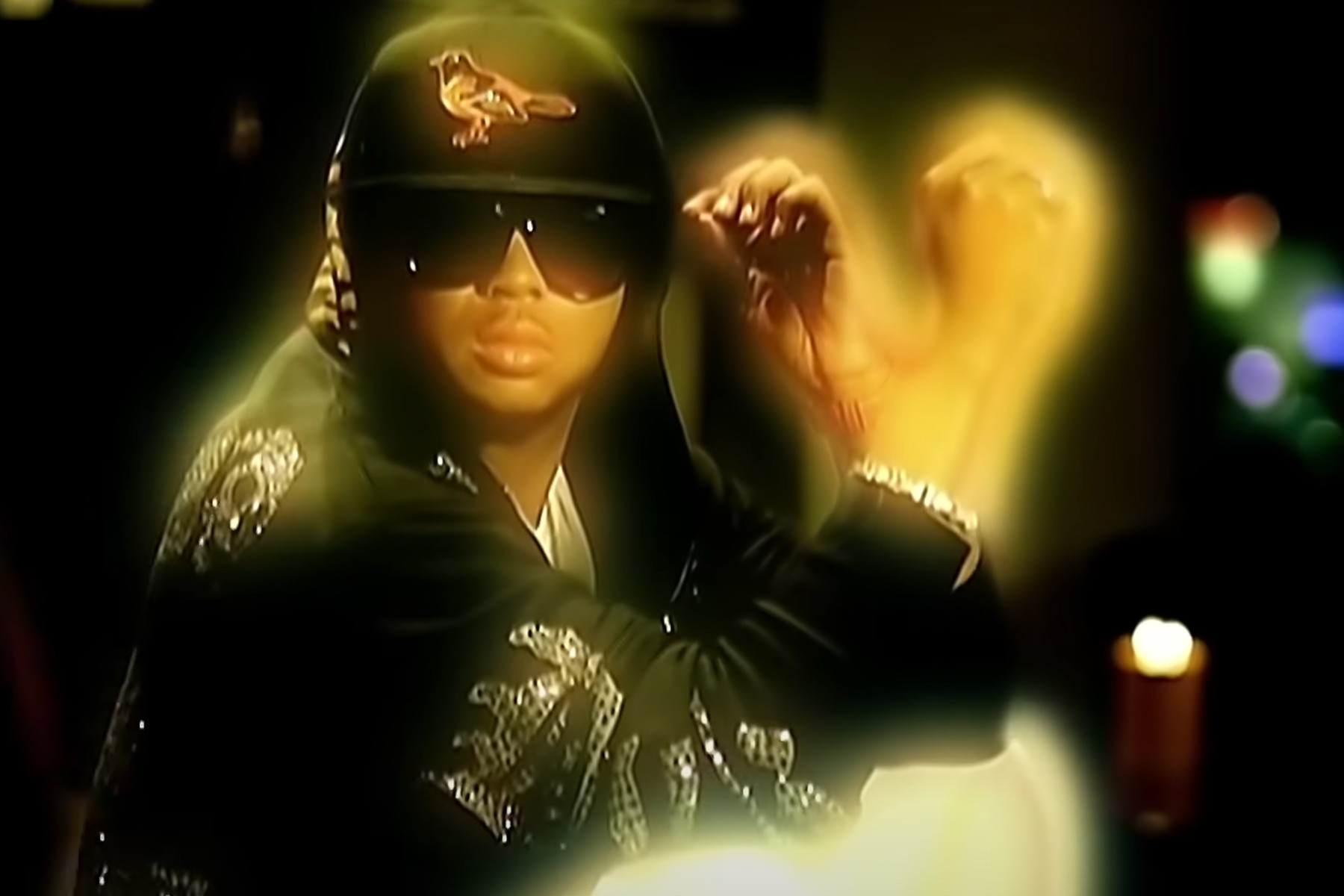 The-Dream performing Falsetto live
The-Dream performing Falsetto live
Terius Nash, known as The-Dream, was a significant songwriter in the late 2000s, co-writing hits like Beyoncé’s “Single Ladies” and contributing to albums by Rihanna and Kanye West. Choosing his best solo track is challenging, with standouts like “Rockin’ That Thang,” “Shawty Is a 10,” and “I Luv Your Girl” remaining R&B radio staples. However, “Falsetto” (2007) best exemplifies The-Dream’s musical breadth, suitable for romantic settings and featuring both a prominent guitar solo and impressive vocal acrobatics, as suggested by the title.—M.Jordan
Silk Sonic, ‘Leave the Door Open’
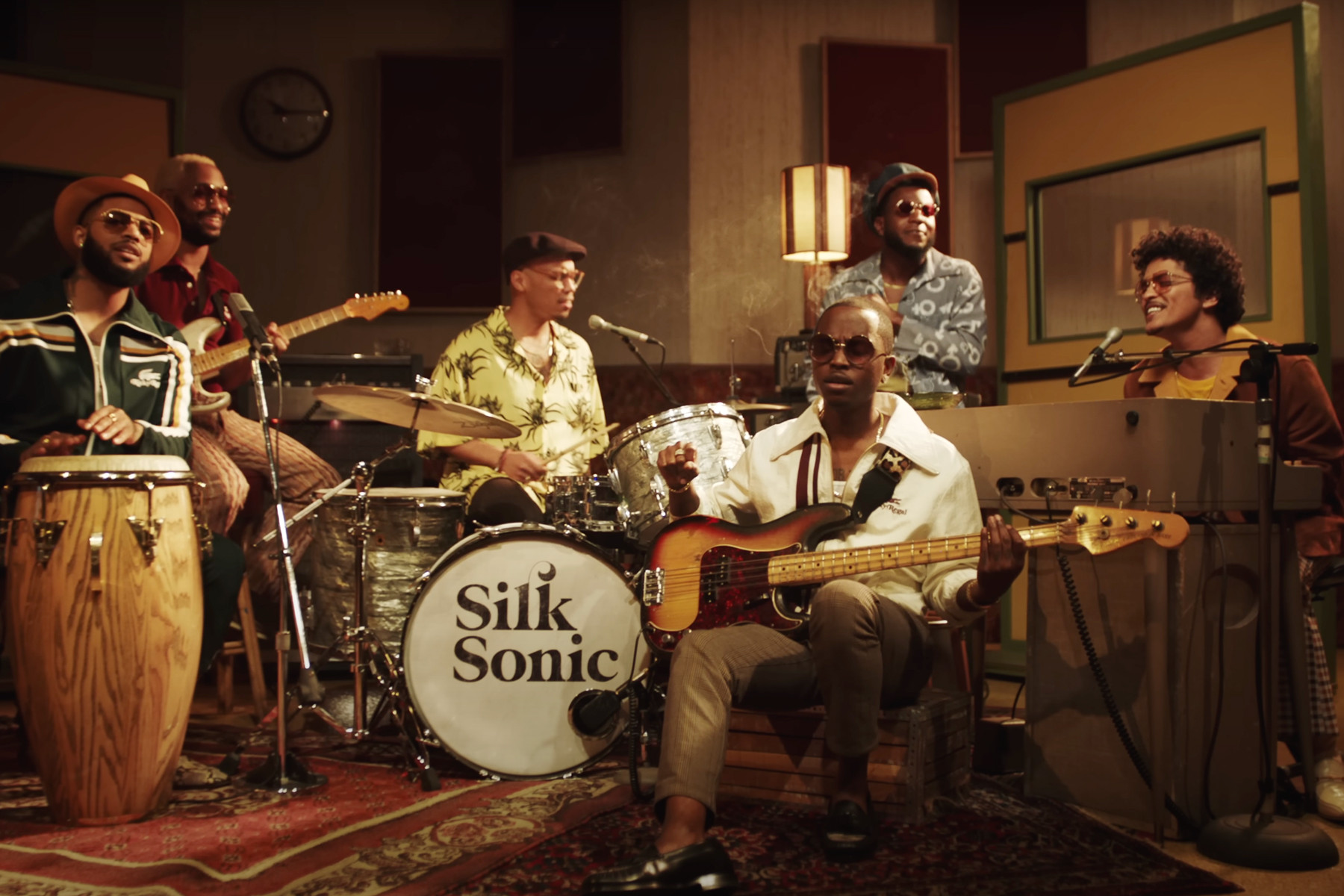 Bruno Mars and Anderson .Paak as Silk Sonic performing Leave The Door Open
Bruno Mars and Anderson .Paak as Silk Sonic performing Leave The Door Open
In less capable hands, Bruno Mars and Anderson .Paak’s Silk Sonic project could have seemed like mere retro revivalism. Instead, “Leave the Door Open,” their debut single, masterfully blends classic 1970s and 1980s influences, rich production, and smooth vocal harmonies. The song is both romantic and lighthearted, with an infectious bridge that invites enthusiastic singalongs. Mars and Paak’s musical synergy is remarkable; Paak’s raspy, funk-infused vocals and drumming complement Mars’ more 1980s-pop sensibilities, creating a comforting and joyful sound, particularly resonant during the post-pandemic return to social life.—N.C.
Chris Brown, ‘Yo! (Excuse Me Miss)’
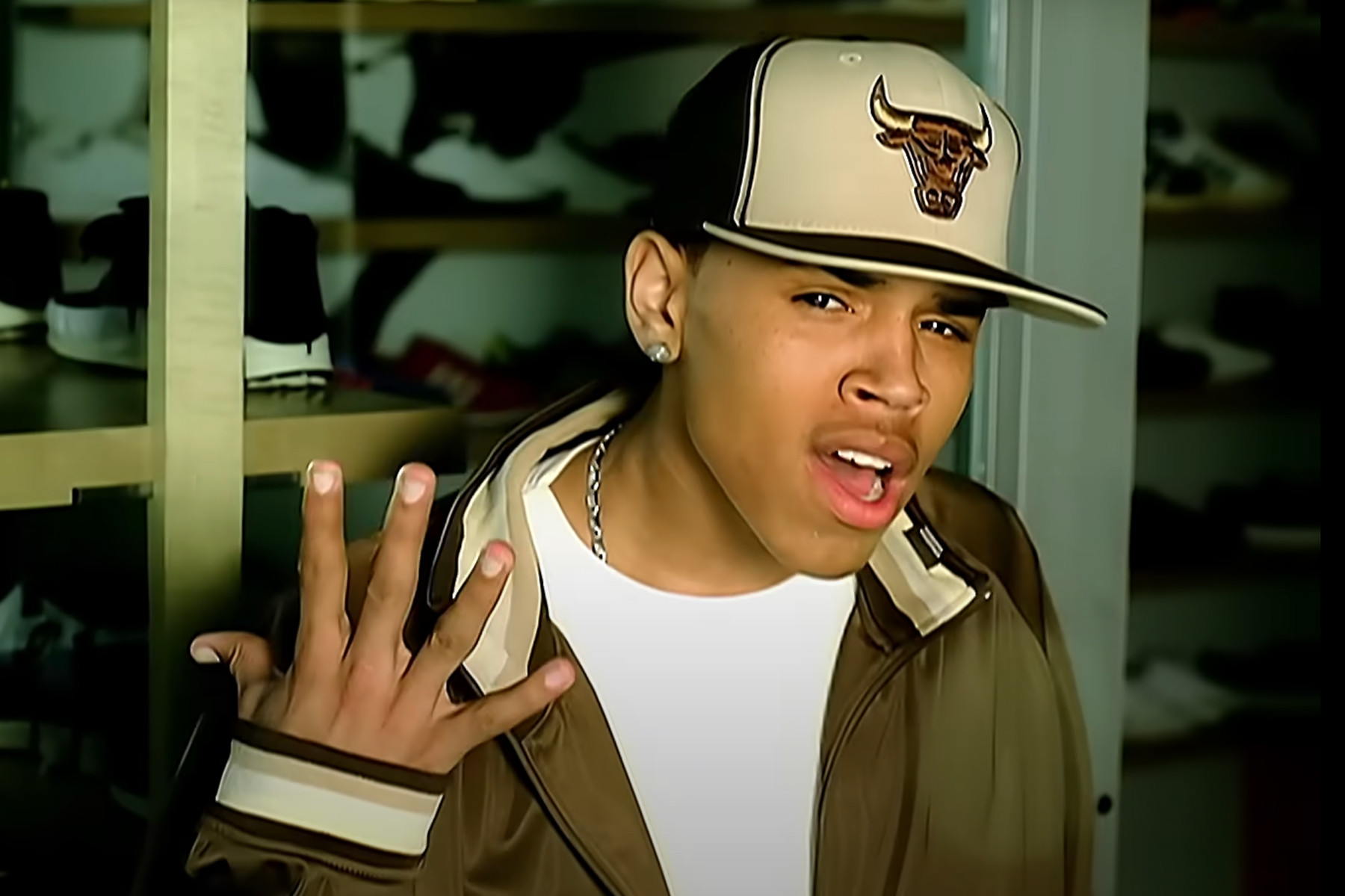 Chris Brown performing Yo! (Excuse Me Miss) early in his career
Chris Brown performing Yo! (Excuse Me Miss) early in his career
With his charming smile, youthful vocal energy, and krumping dance moves, Chris Brown captivated younger audiences with “Yo! Excuse Me Miss.” His debut marked a new era for Black teen-pop idols. This contemporary R&B hit, produced by Dre and Vidal, showcased Brown’s infectious youthful charm, establishing him as a dynamic, albeit controversial, figure in pop music.—K.T.
Beyoncé, ‘1 + 1’
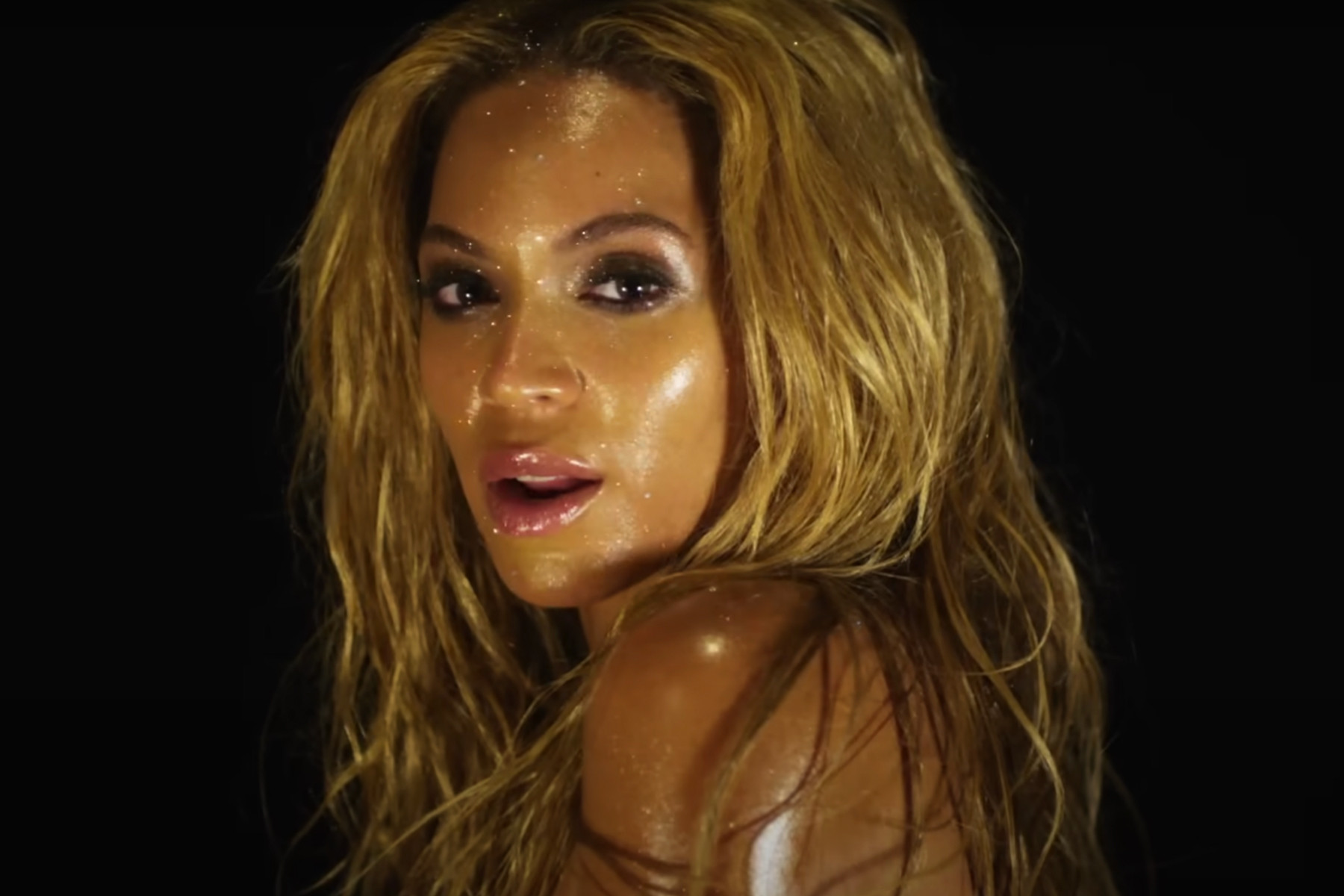 Beyoncé performing 1+1 on stage
Beyoncé performing 1+1 on stage
“1 + 1” represents a pivotal moment in Beyoncé’s evolution from pop superstar to cultural icon. While some critics may have undervalued her early solo work due to rock-centric biases, “1 + 1” is undeniably impactful. She evokes Boyz II Men’s intro on “Uhh Ahh,” reminiscent of a JB’s band member performing classic funk. The performance shares energy with her 2008 hit “Single Ladies (Put a Ring on It)” but with even greater intensity. This track signifies a shift, akin to James Brown moving from “I Got You” to “Sex Machine,” signaling Beyoncé’s intent to push boundaries and set her own pace.—M.R.
Jazmine Sullivan, ‘Pick Up Your Feelings’
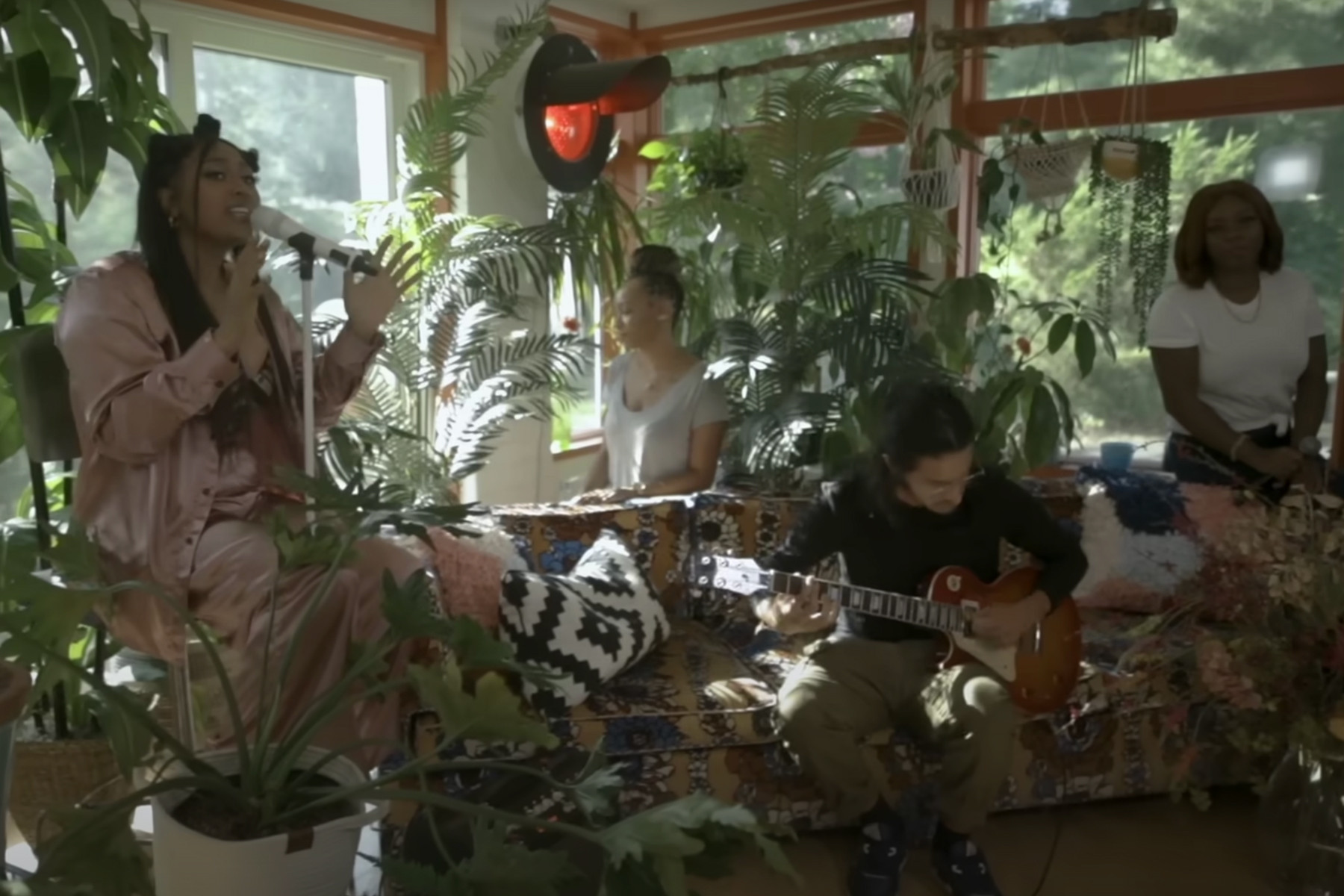 Jazmine Sullivan performing Pick Up Your Feelings live
Jazmine Sullivan performing Pick Up Your Feelings live
Jazmine Sullivan, a consistent presence in contemporary R&B, reached a new level of recognition with “Pick Up Your Feelings.” Featured on her 2021 EP, Heaux Tales, this Grammy-winning breakup anthem is a cathartic farewell to a former partner. Instead of dwelling on the past, the Philadelphia artist focuses on self-empowerment and healing. As the song progresses, her confidence and vocal prowess solidify her status as a formidable force in R&B.—J.J.
Usher, ‘U Don’t Have to Call’
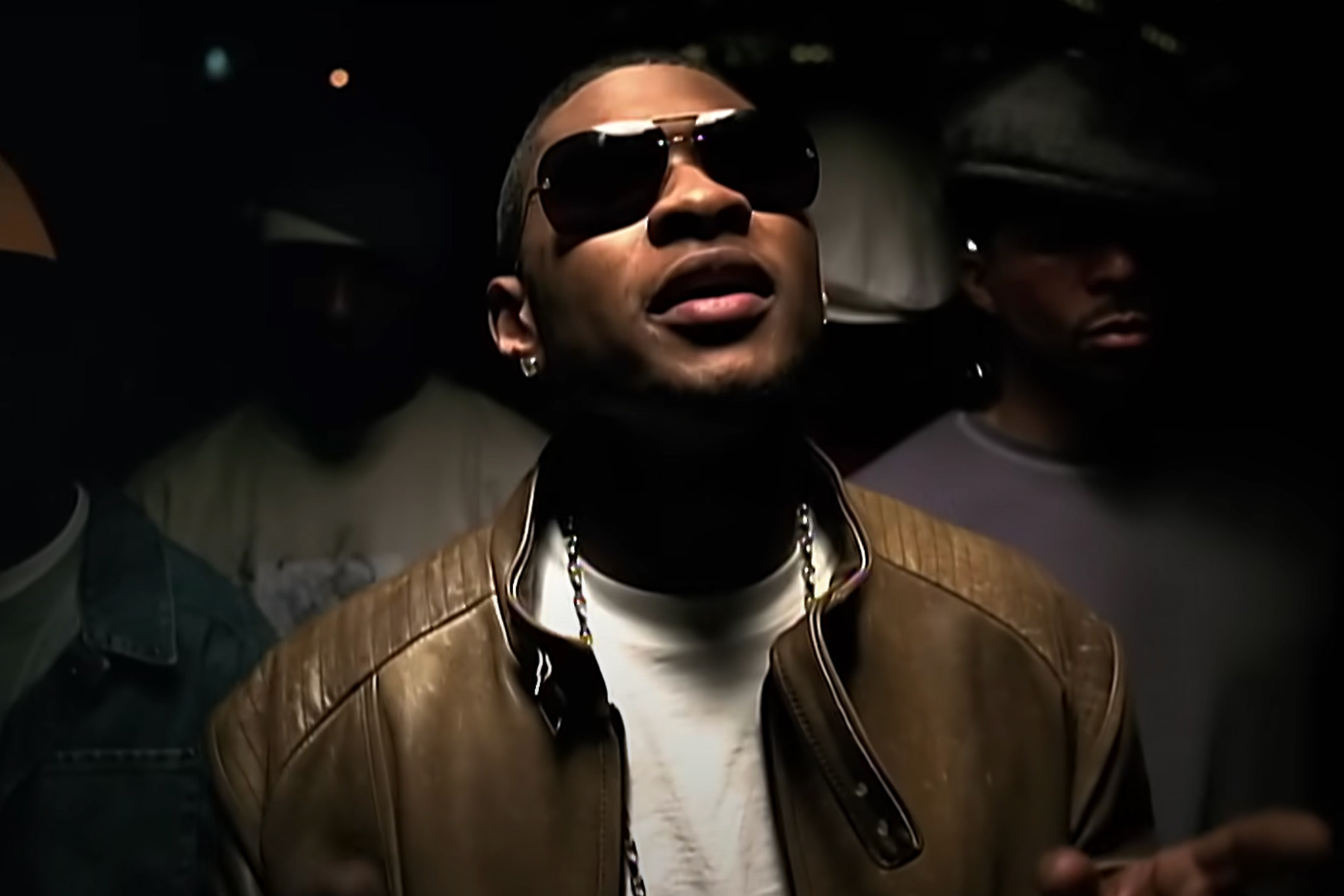 Usher performing U Don't Have to Call early 2000s
Usher performing U Don't Have to Call early 2000s
Usher’s third album, 8701, explored relationship dynamics, possibly mirroring his real-life relationship at the time. “U Don’t Have to Call,” the album’s third single, followed the ballad “U Got It Bad” and shifted the narrative to a club setting. Pharrell Williams and Chad Hugo of The Neptunes crafted the infectious production, typical of their early 2000s dominance. Their signature spacey synths create an upbeat, danceable backdrop for Usher’s seemingly nonchalant message to a former love. It’s a modern take on Lou Rawls’ “You’ll Never Find Another Love Like Mine,” enduring as both a 2001 time capsule and a classic post-breakup anthem.—N.C.
Alicia Keys, ‘You Don’t Know My Name’
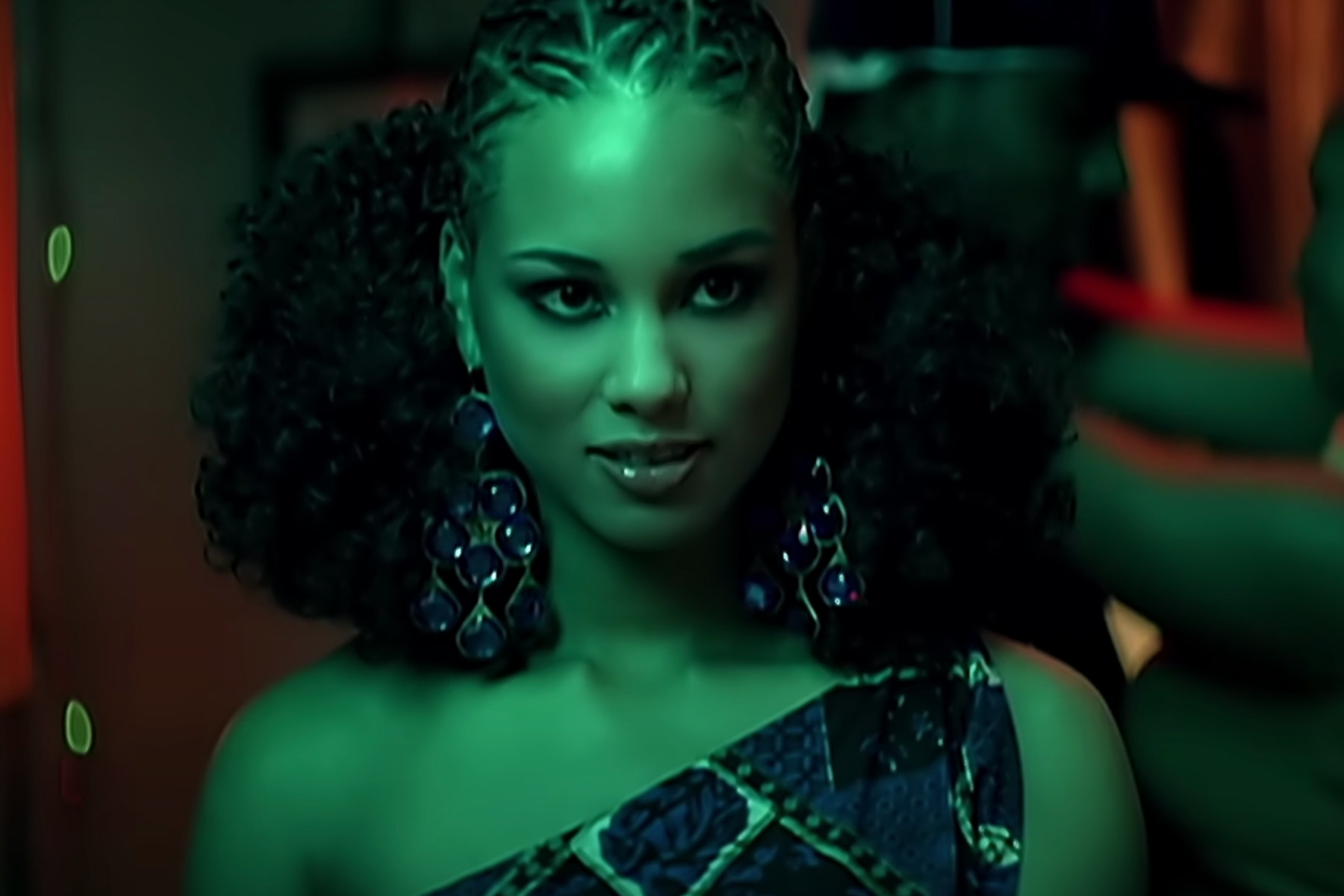 Alicia Keys performing You Don't Know My Name on piano
Alicia Keys performing You Don't Know My Name on piano
The lead single from The Diary of Alicia Keys portrays a woman longing for the courage to express her feelings for someone she admires. The production by Keys and Kanye West blends their shared old-school sensibilities. Keys hums over a hip-hop-inspired rendition of the Main Ingredient’s “Let Me Prove My Love to You,” enhanced by her piano skills. The Grammy-winning modern classic has been sampled by artists like Lil Wayne and Westside Gunn, highlighting its lasting appeal.—J.J.
Janet Jackson, ‘All for You’
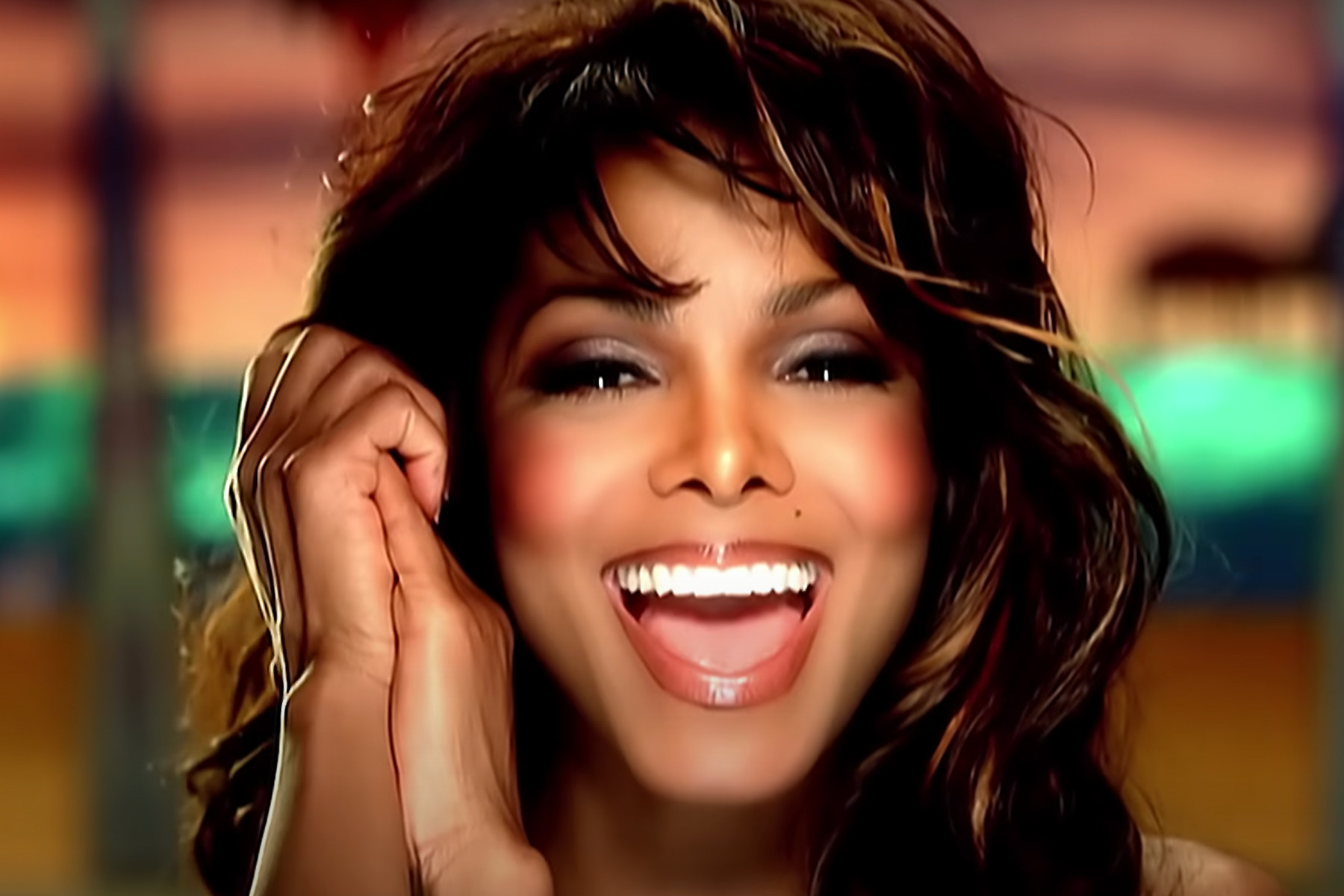 Janet Jackson performing All For You in the early 2000s
Janet Jackson performing All For You in the early 2000s
While Janet Jackson’s 1997 album, The Velvet Rope, was more introspective and sensual, her 2001 follow-up, All for You, leaned towards lighter, more upbeat themes. The title track signaled this shift with its vibrant dance-pop feel, elevated by Jackson’s soulful vocals. Sampling Change’s uplifting 1980 hit “The Glow of Love,” “All for You” incorporates disco elements as Jackson flirts her way through a night out. The lyrics, “All my girls at the party, look at that body/ Shakin’ that thing like you never did see/ Got a nice package all right/ Guess I’m gonna have to ride it tonight,” are delivered with playful confidence.—I.K.
SiR, ‘John Redcorn’
 SiR performing John Redcorn from Chasing Summer
SiR performing John Redcorn from Chasing Summer
SiR, from Inglewood, California, achieved critical acclaim with Chasing Summer, a compelling R&B album exploring desire, longing, and introspection. “John Redcorn,” a standout track, embodies the romantic frustration of the King of the Hill character without resorting to caricature. It’s a harmonious blend of SiR’s vocals, TDE producer Kal Banx, and musician Jeff “Gitty” Gitelman, who have also contributed to artists like Jorja Smith. From SiR’s plaintive “Why am I alone when I know that you want me too?” to the smoky guitar undertones, “John Redcorn” is immersive, akin to a captivating television episode.—M.C.
Destiny’s Child, ‘Cater 2 U’
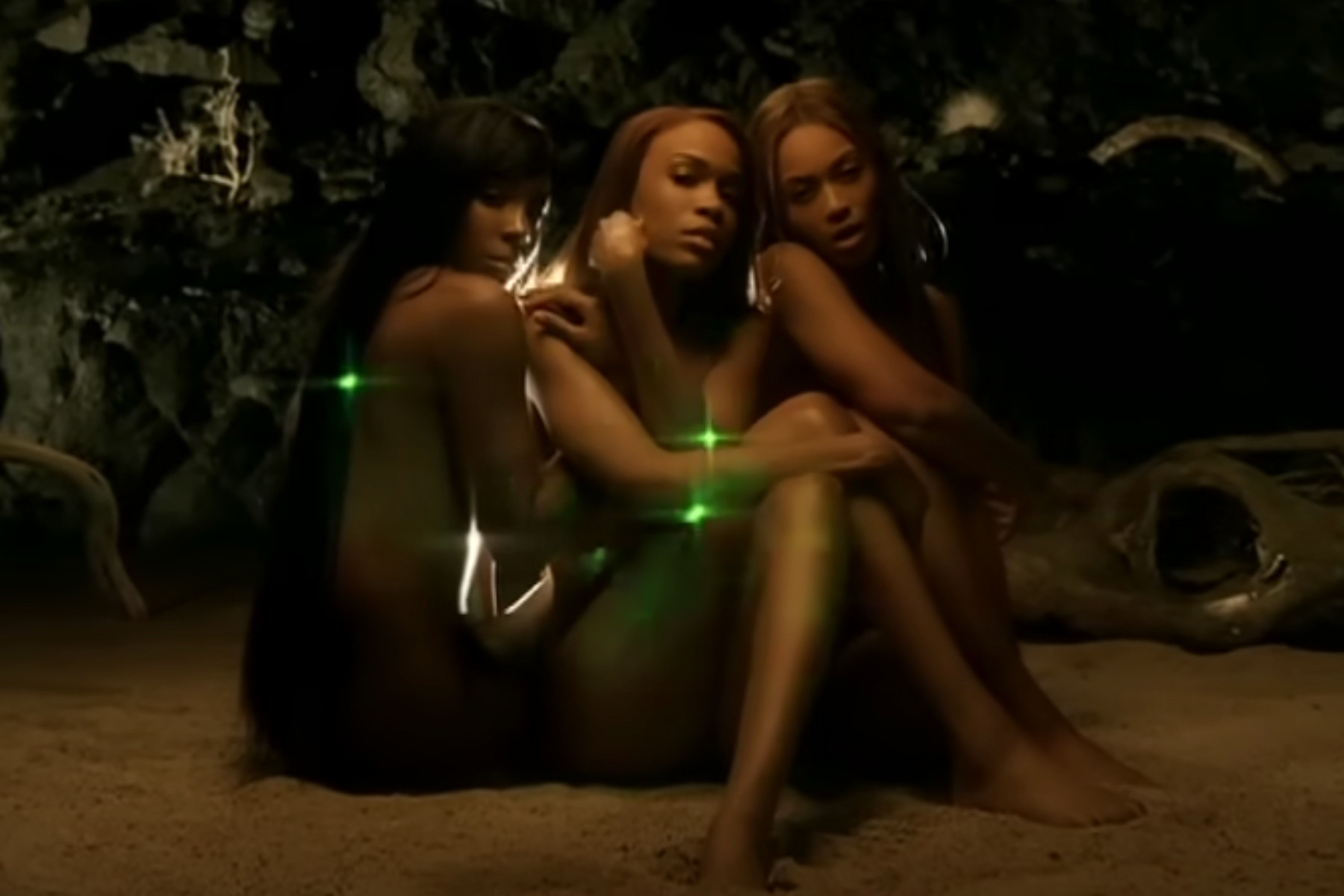 Destiny's Child performing Cater 2 U on stage
Destiny's Child performing Cater 2 U on stage
Departing from their usual anthems of female empowerment, Destiny’s Child’s “Cater 2 U,” the opening track from their final album, Destiny Fulfilled, is an ode to feminine devotion. Gentle, shimmering synths set the mood as the trio sings about catering to their partner’s comfort. “Cater 2 U” has sparked varied reactions for its submissive lyrics. However, the song’s masterful composition and harmonies, showcasing Destiny’s Child’s core strengths, ultimately prevail.—J.J.
Michael Jackson, ‘You Rock My World’
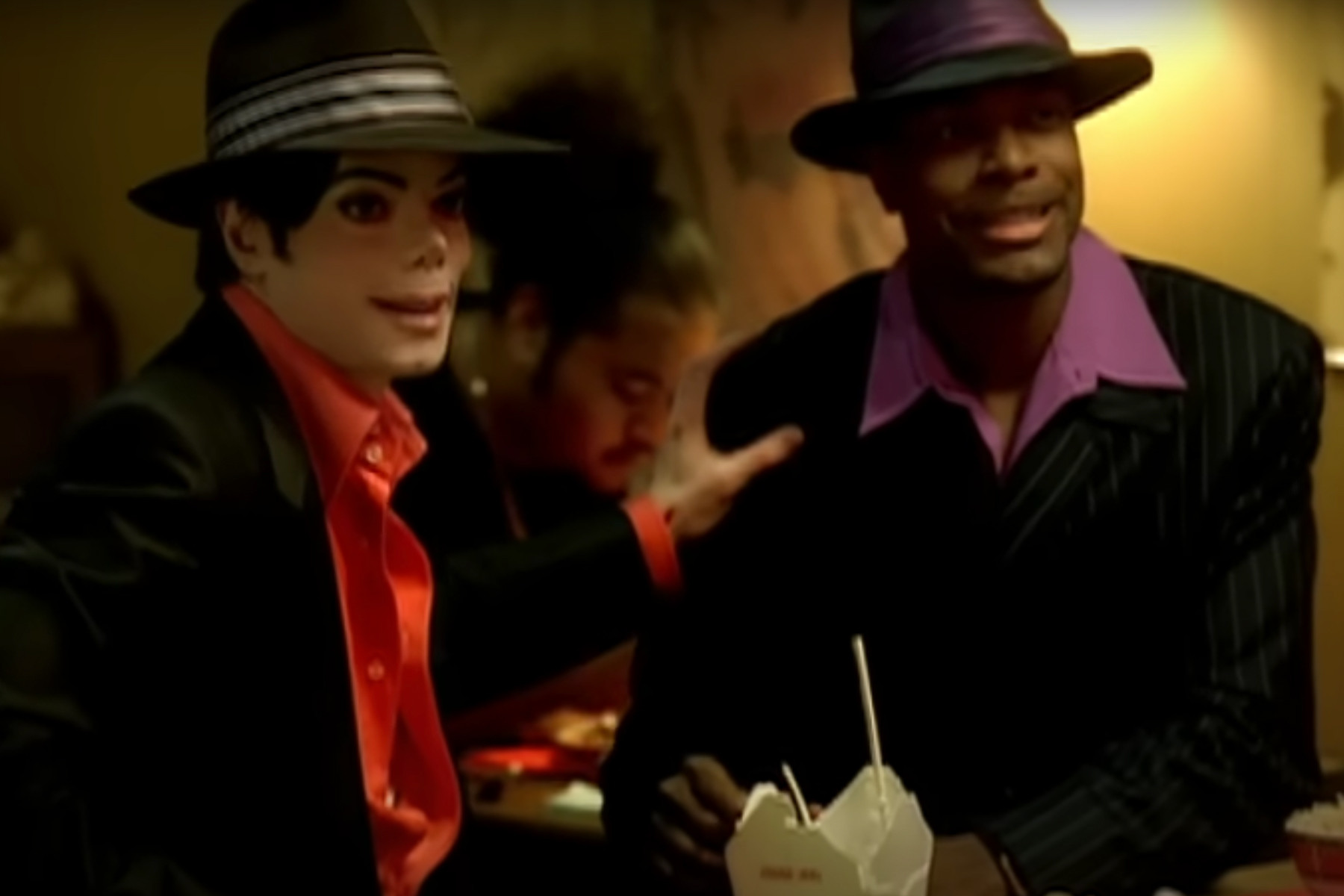 Michael Jackson performing You Rock My World in the early 2000s
Michael Jackson performing You Rock My World in the early 2000s
When Invincible was released in 2001, Michael Jackson was facing public scrutiny and perceived artistic decline. However, “You Rock My World,” produced by Rodney “Darkchild” Jerkins, reaffirmed his enduring legacy. With its catchy groove, impeccable vocals, and signature MJ style, the song not only enriched the R&B canon but also marked a significant moment in the King of Pop’s career. As one of his last major hits before his death, it serves as a poignant reminder of his unparalleled influence on the genre.—K.T.
SZA, ‘Snooze’
 SZA performing Snooze on stage
SZA performing Snooze on stage
SZA’s love songs are far from fairy tales, leaning more towards raw emotion and complex relationships. “Snooze,” a captivating ballad from her SOS album, explores unwavering loyalty, even for someone who may not fully reciprocate. Layers of harmonies blend with flickering synths as SZA expresses deep vulnerability and devotion in both love and lust.—L.P.
Solange, ‘Cranes in the Sky’
 Solange performing Cranes in the Sky live
Solange performing Cranes in the Sky live
“Cranes in the Sky” lists Solange’s various coping mechanisms on her journey to healing, from escapism to self-transformation. With Raphael Saadiq’s orchestral production, the song becomes a powerful statement of her pursuit of inner peace. Released in a year notable for introspective R&B albums by women like Rihanna’s Anti and Beyoncé’s Lemonade, “Cranes in the Sky” articulated a new sense of spiritual liberation for Black millennial and Gen Z women.—K.T.
Toni Braxton, ‘He Wasn’t Man Enough’
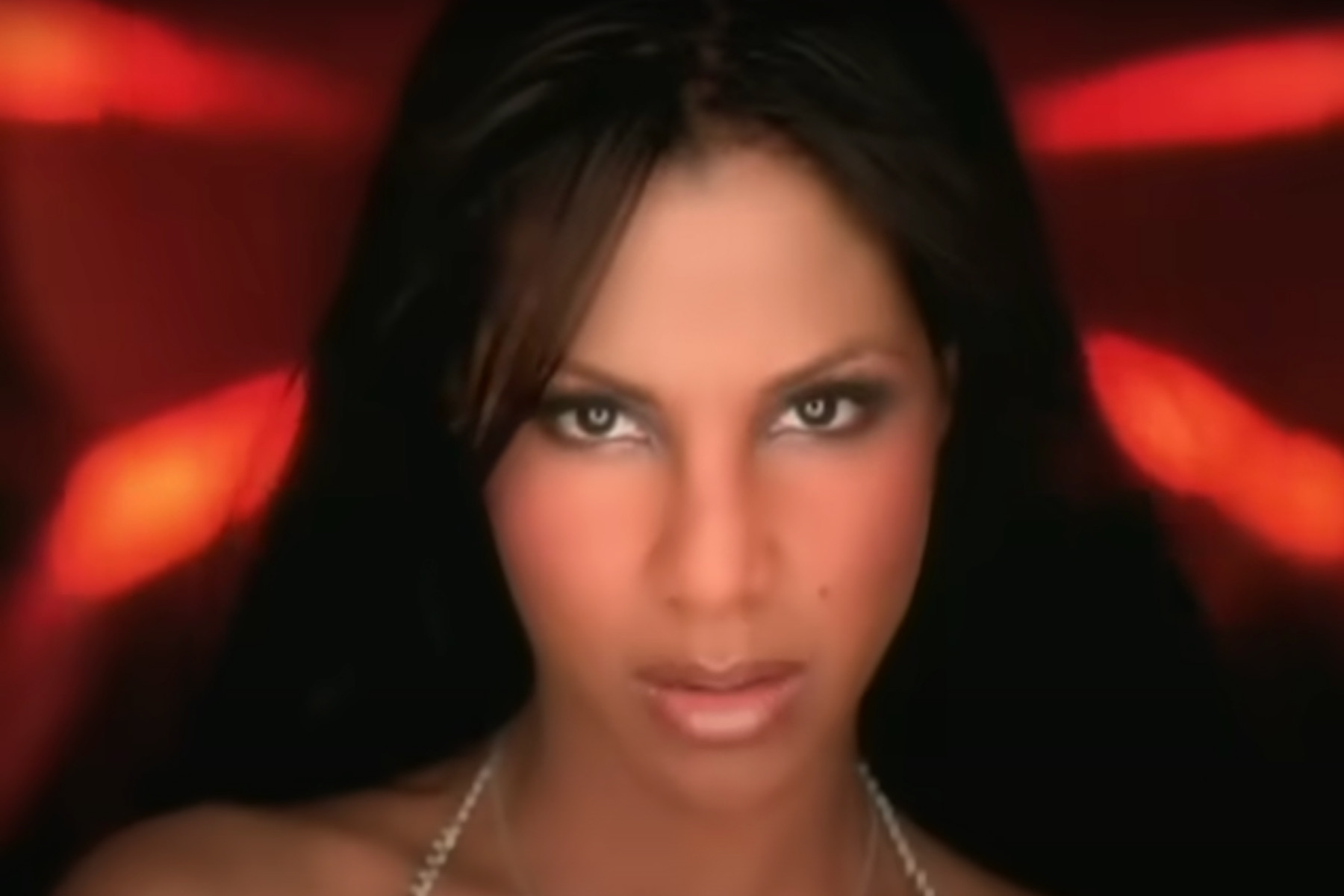 Toni Braxton performing He Wasn't Man Enough in the early 2000s
Toni Braxton performing He Wasn't Man Enough in the early 2000s
With “He Wasn’t Man Enough” (2000), Toni Braxton delivered a fierce, feminist message of self-respect. Featured on her album The Heat, this pulsating dance-R&B track boldly asserts a woman’s independence and resilience, advising other women to recognize and avoid unworthy partners. The lyrics, “… Listen, girl/Didn’t he tell you the truth?/If not then, why don’t you ask him?” exemplify Braxton’s empowering perspective and solidify her status as a leading voice in R&B.—I.K.
Maxwell, ‘Pretty Wings’
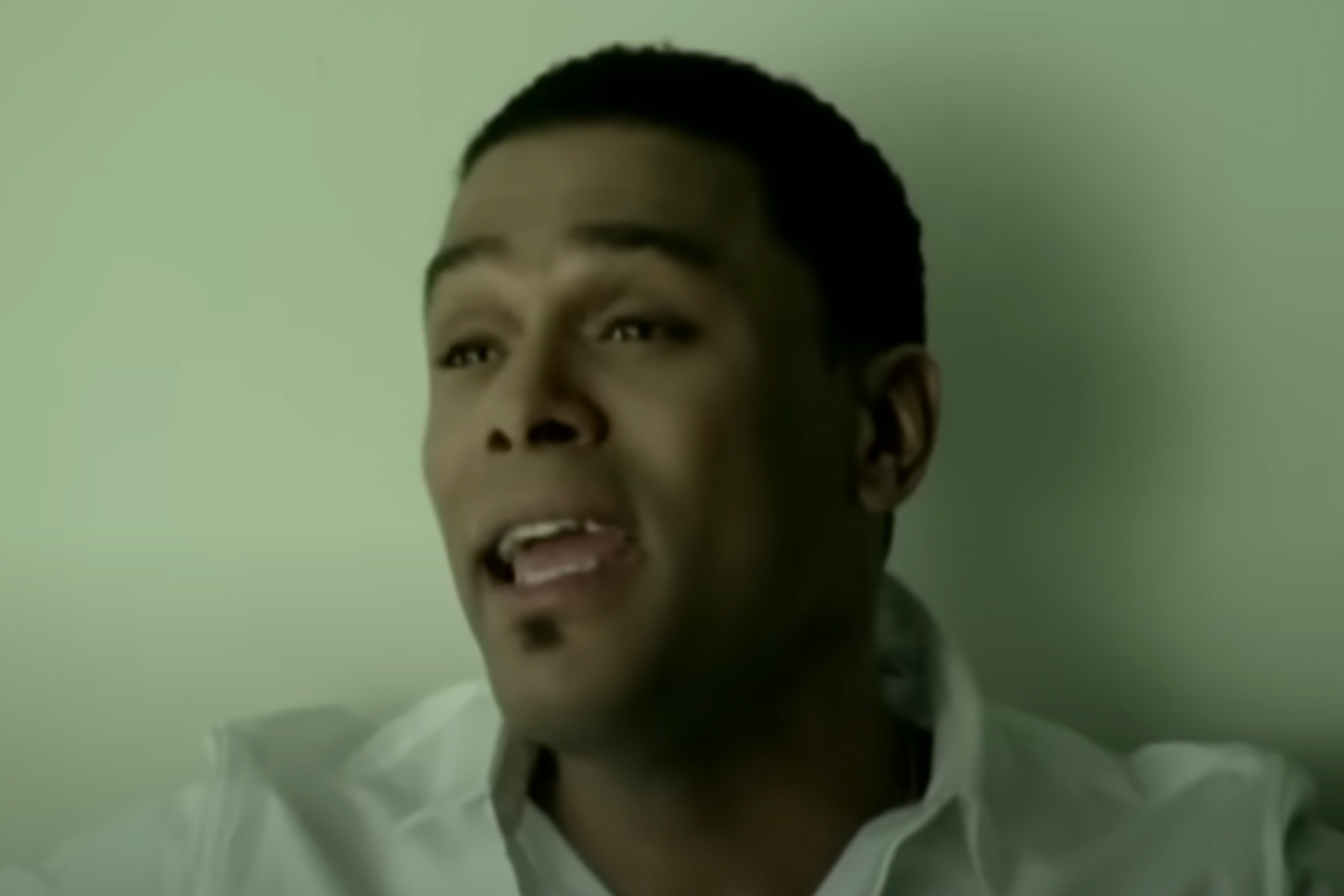 Maxwell performing Pretty Wings on stage
Maxwell performing Pretty Wings on stage
Maxwell defined and expanded neo-soul through his early albums, returning later as a respected figure with BLACKsummers’night (2009) and blackSUMMERS’night (2016). “Pretty Wings,” from the first of this trilogy, is a poignant breakup song that avoids bitterness. It expresses a sense that separation clarifies and intensifies his appreciation for his partner, as if their independence reignites his passion. The warped glockenspiels and ambient outro emphasize the continuation of life after the relationship.—C.P.
Aaliyah, ‘Rock the Boat’
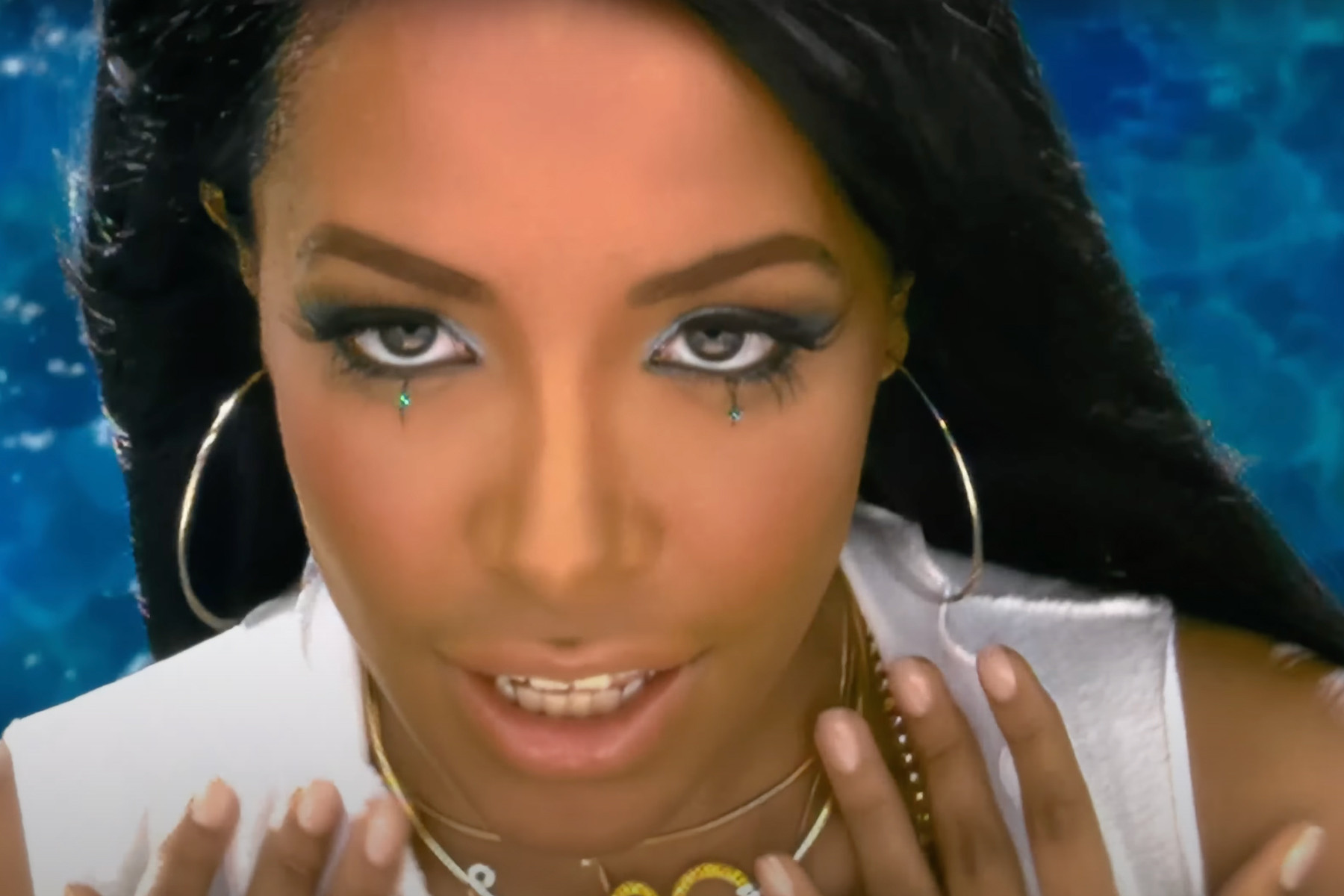 Aaliyah performing Rock The Boat on stage
Aaliyah performing Rock The Boat on stage
Aaliyah’s brief but impactful career profoundly shaped R&B. “Rock the Boat” (2001) epitomized her ability to innovate within the genre, creating a sensual, funk-infused track that embraced sexual liberation. “I want you to rock the boat, rock the boat/Rock the boat, rock the boat/Work it in the middle, work the middle,” she commands over the airy production. Tragically, Aaliyah passed away the year “Rock the Boat” was released, leaving behind a legacy of artistic peak.—I.K.
Beyoncé, ‘Love on Top’
 Beyoncé performing Love On Top in front of a crowd
Beyoncé performing Love On Top in front of a crowd
“Love on Top,” a highlight from Beyoncé’s transformative 4 album (2011), showcases her growing joy as she sings about a partner who prioritizes their relationship. The Grammy-winning track’s standout feature is its repeated chorus, demonstrating Beyoncé’s effortless key changes. She cited her role as Etta James in Cadillac Records (2008) as inspiration for her passionate vocal delivery, while the production evokes 1980s R&B-pop. This classic vibe and Beyoncé’s exuberance make it a standout in her discography.—J.J.
Daniel Caesar and H.E.R., ‘Best Part’
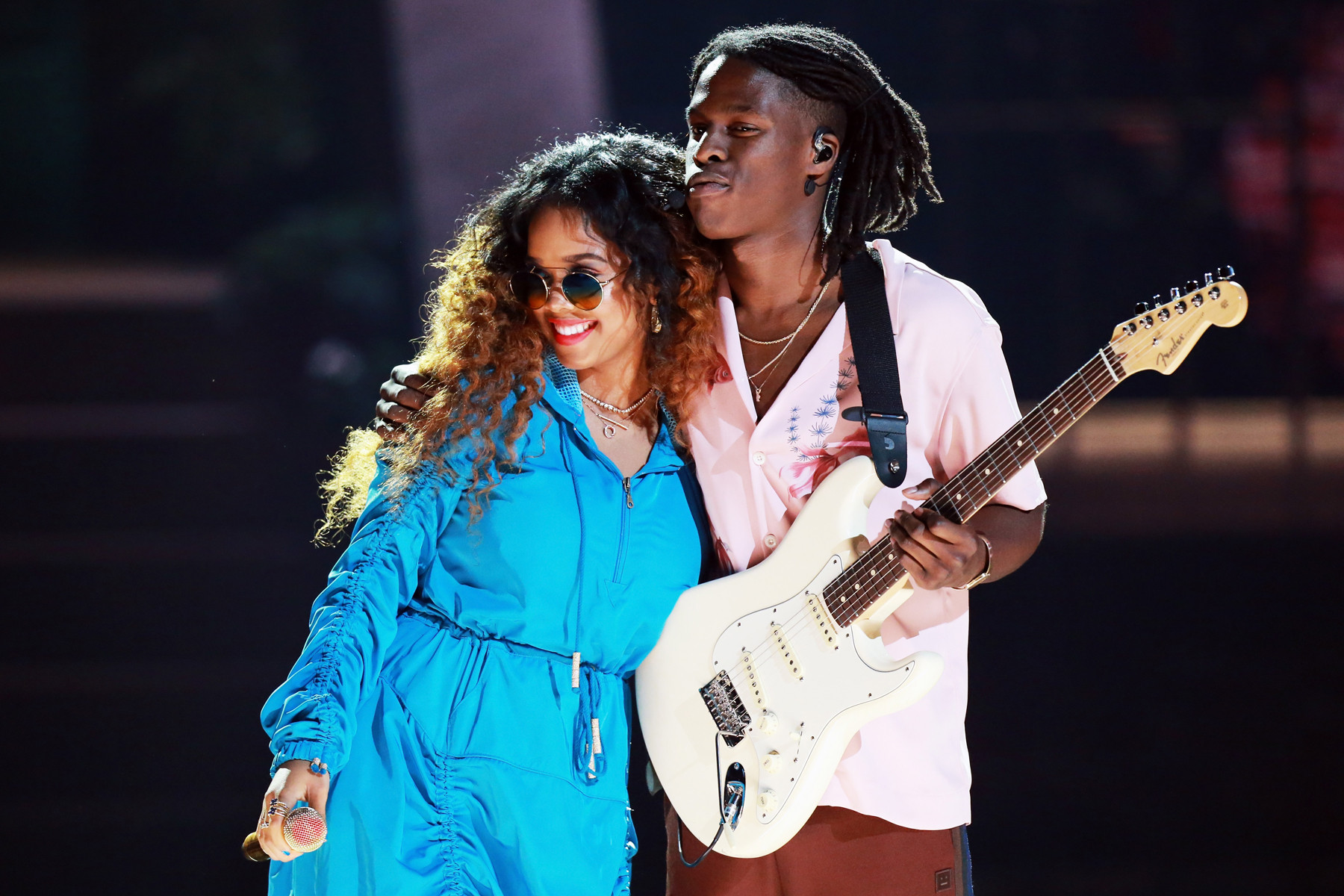 H.E.R. and Daniel Caesar performing Best Part at the BET Awards
H.E.R. and Daniel Caesar performing Best Part at the BET Awards
In an era dominated by trap and high-energy pop, “Best Part” demonstrated the power of simplicity with its soothing melodies and heartfelt lyrics. Featured on both Daniel Caesar and H.E.R.’s projects in 2017, the song’s clean guitar and subtle beat allow their poetic metaphors to shine. “You’re my coffee that I need in the morning,” H.E.R. sings, while Caesar adds, “You’re my water when I’m stuck in the desert.” The Grammy-winning track evokes nostalgia, capturing the essence of love as easy, effective, and powerful, reminiscent of classic R&B from the 1970s and 80s.—J.J.
Pharrell Williams feat Jay-Z, ‘Frontin’ ‘
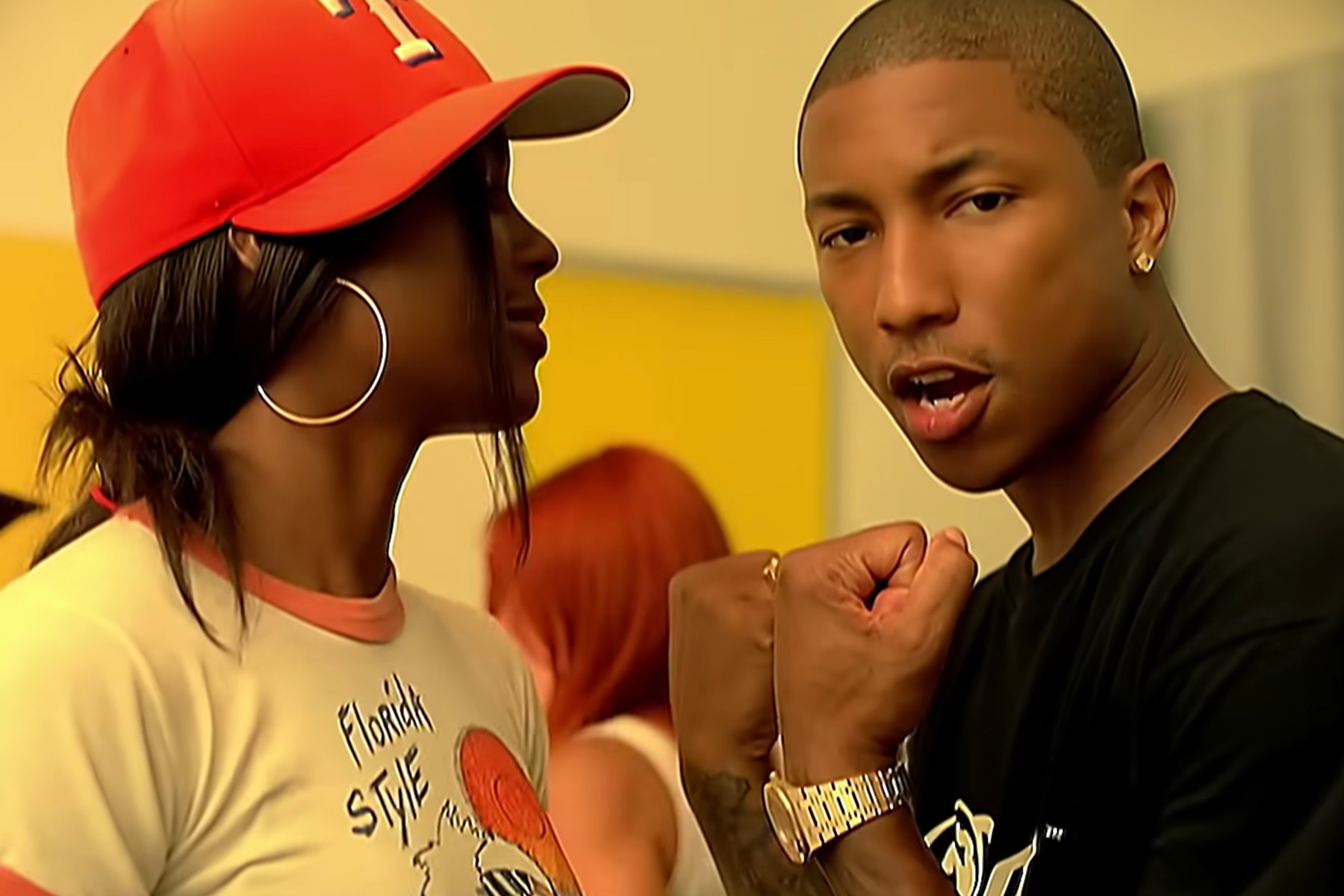 Pharrell Williams and Jay-Z collaborating on Frontin'
Pharrell Williams and Jay-Z collaborating on Frontin'
“Frontin’”’s impact was gradual but profound, influencing artists like Brent Faiyaz, Bryson Tiller, and Tyler, the Creator. It embodies early 2000s R&B with The Neptunes’ signature four-count beat, Prince-inspired vocals by Pharrell, a memorable bridge, a Jay-Z verse referencing his early romance with Beyoncé, and an iconic music video introducing Billionaire Boys Club. “Frontin’” undeniably shaped subsequent generations of music creators.—K.T.
Miguel, ‘Adorn’
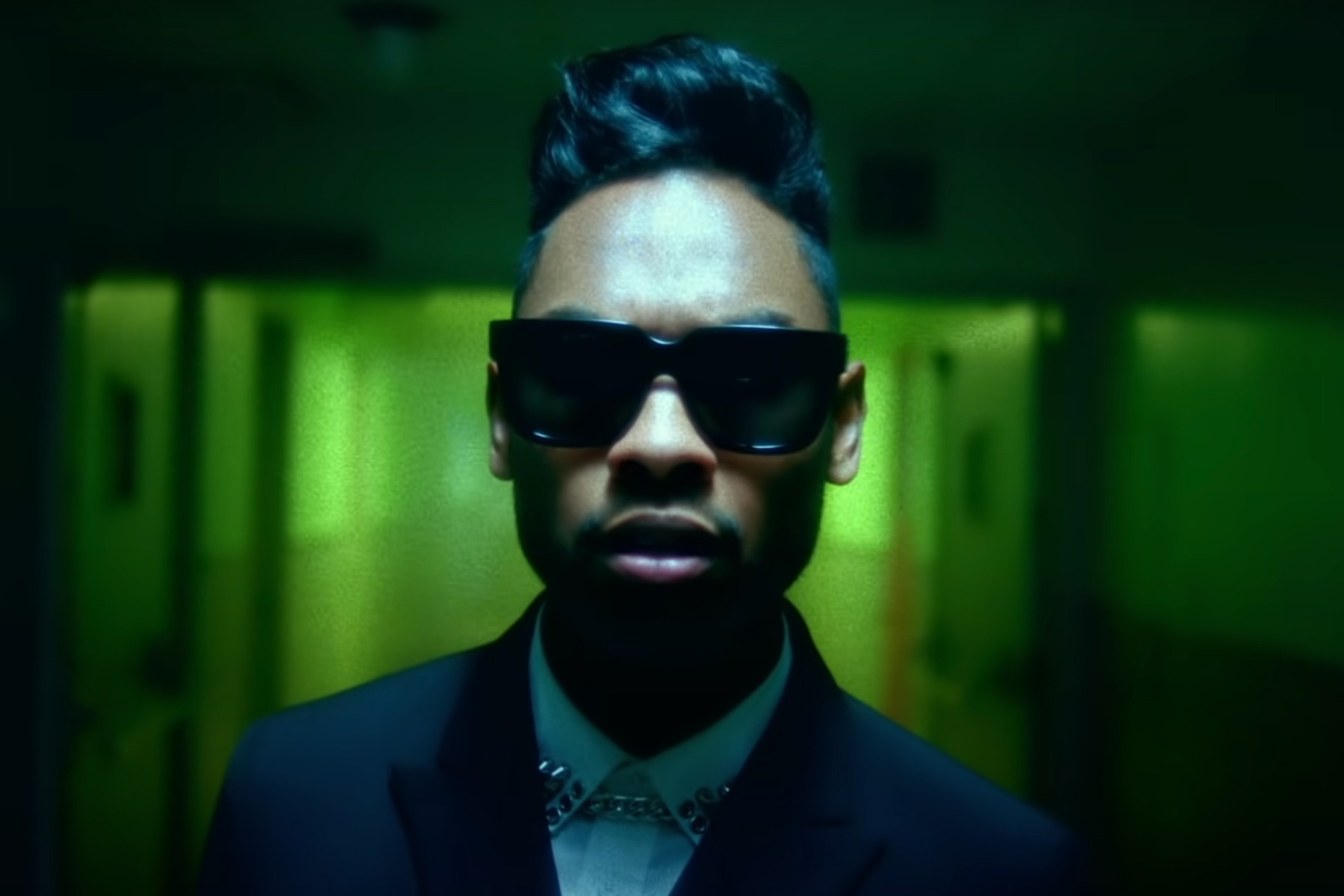 Miguel performing Adorn on stage
Miguel performing Adorn on stage
“Adorn,” the lead single from Miguel’s Kaleidoscope Dream (2012), offers a glimpse into the album’s exploration of funk, psychedelia, and soul. It’s a passionate declaration of love built on a steady groove, allowing Miguel to showcase his vocal improvisation and range. “Adorn” is a timeless love song, detailing the depths of romantic bliss in both lyrics and fervor.—M. Johnston
Brandy, ‘Full Moon’
 Brandy performing Full Moon in the early 2000s
Brandy performing Full Moon in the early 2000s
Brandy’s Full Moon album set a new standard for R&B vocalists, alongside producers Darkchild and LaShawn Daniels. However, Mike City, an outside contributor, co-created the standout title track, “Full Moon.” The song’s opening piano melody transitions into distorted, driving production, over which Brandy’s ethereal vocals weave. “This could very well be the start of something special,” she sings, capturing the intoxicating feeling of lunar infatuation and a chance encounter on the dance floor.—L.P.
Erykah Badu, ‘Bag Lady (Cheeba Sac Radio Edit)’
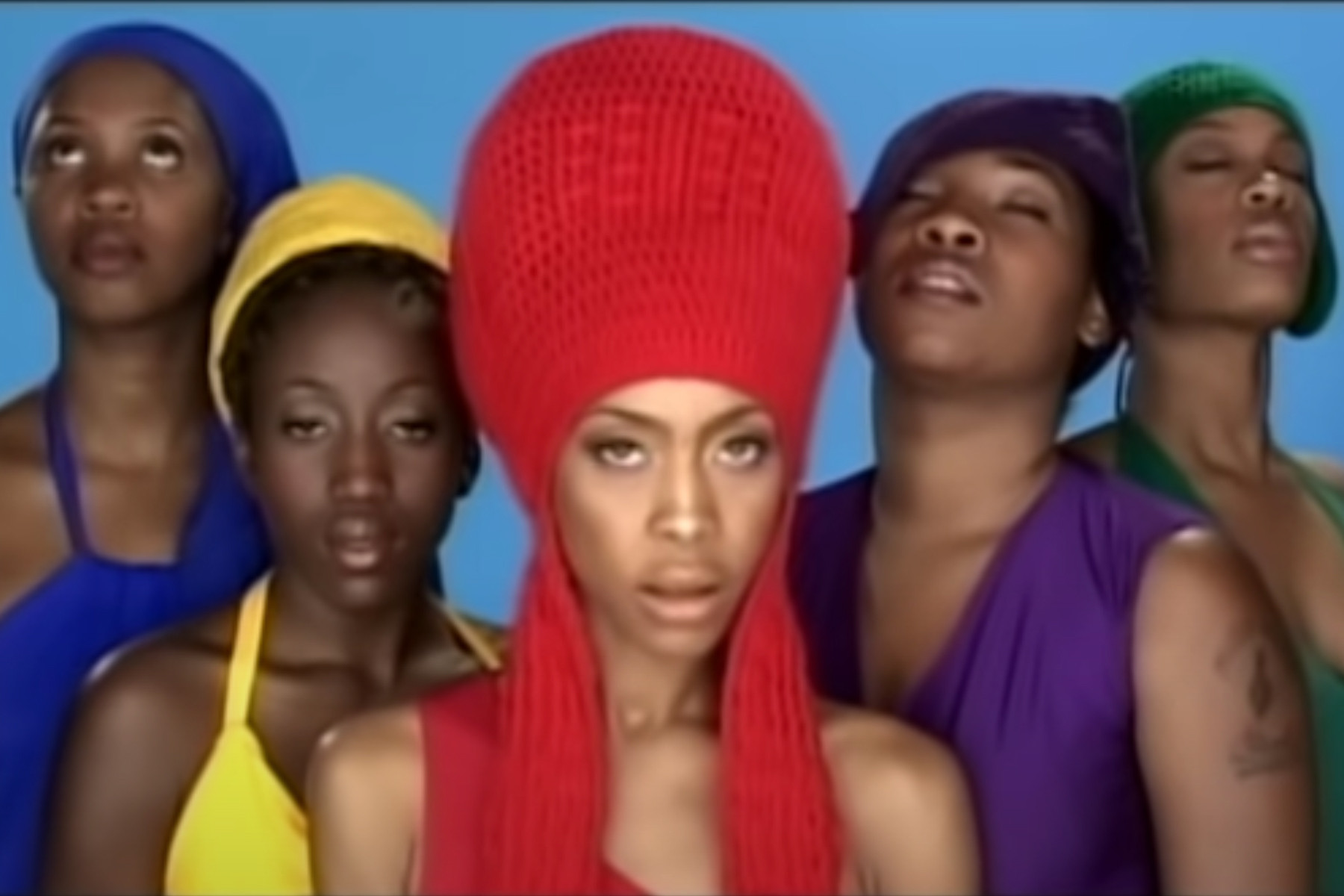 Erykah Badu performing Bag Lady on stage
Erykah Badu performing Bag Lady on stage
In “Bag Lady,” Erykah Badu offers direct advice to women burdened by emotional baggage. “One day, he gon’ say, ‘You crowdin’ my space,’” she wryly warns. The “Cheeba Sac” remix samples Isaac Hayes’ “Bumpy’s Lament,” similar to Dr. Dre’s use in “XXXplosive.” However, while Dre’s music often objectified women, Badu encourages them to “pack light” and free themselves from worries. “When someone hurts you oh so bad inside, you can’t deny it, you can’t stop crying,” she acknowledges, then urges listeners to “let it go, let it go,” blending social commentary with musical innovation.—M.R.
John Legend, ‘Ordinary People’
 John Legend performing Ordinary People on piano
John Legend performing Ordinary People on piano
John Legend’s signature hit, “Ordinary People,” is destined to soundtrack romantic moments for years to come. Accompanied only by his piano, he narrates a love story that moves beyond initial fantasy into realistic challenges. While a sweeping ballad, it avoids sentimentality, focusing on the small, tender moments that define a relationship, grounding grand melodies in relatable emotion.—E.B.
Alicia Keys, ‘Fallin’ ‘
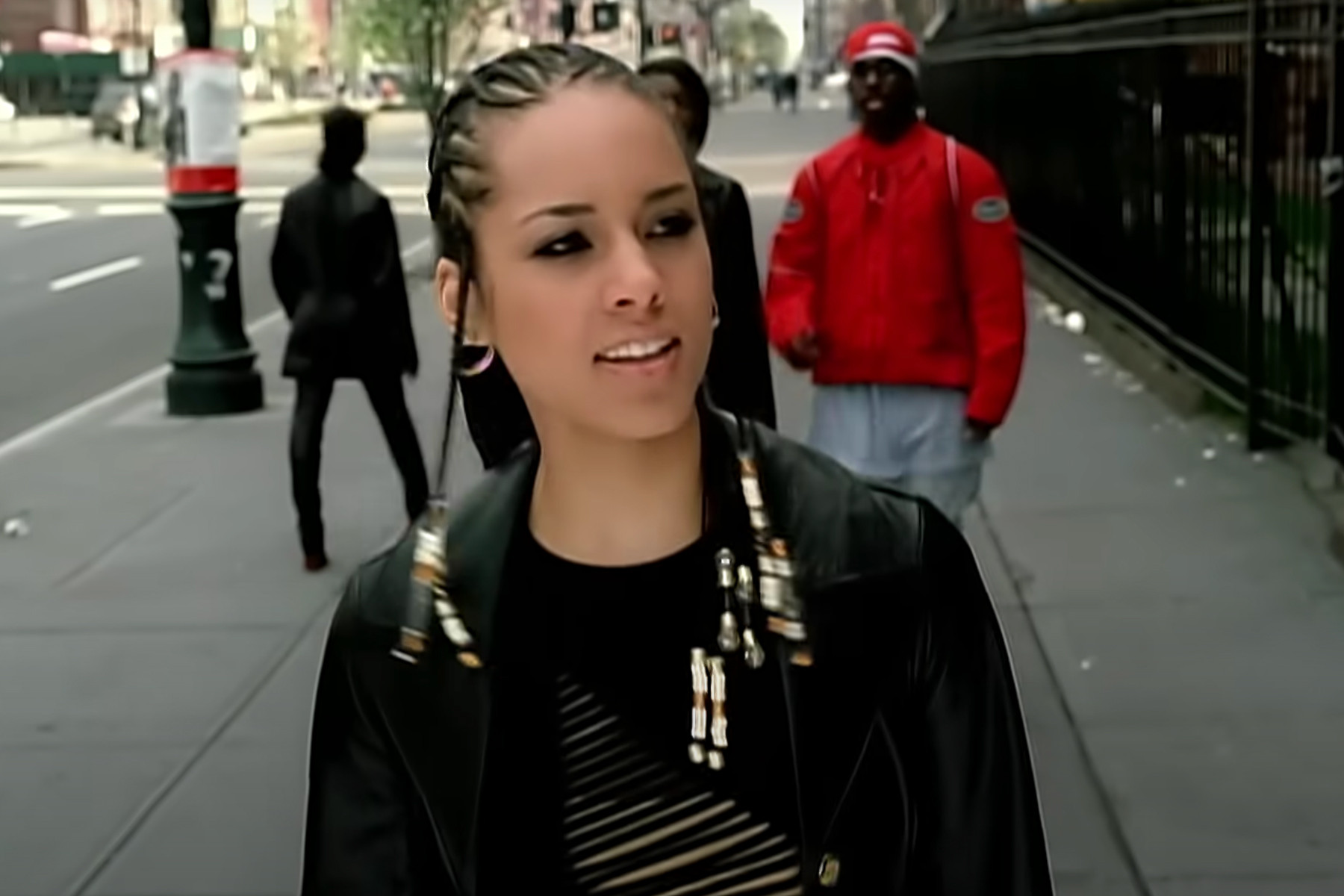 Alicia Keys performing Fallin' on piano
Alicia Keys performing Fallin' on piano
“Fallin’” launched Alicia Keys’ career. Written when she was just 17 and released when she was 20, it became a critically acclaimed single in 2001, showcasing her classical piano background and her pop ambitions. This bluesy R&B ballad features Keys’ powerful, Aretha Franklin-esque vocals over wistful piano chords as she sings “I keep on fallin’ in and out of love with you,” bringing an old-school sensibility to the 21st century.—I.K.
Frank Ocean, ‘Thinkin Bout You’
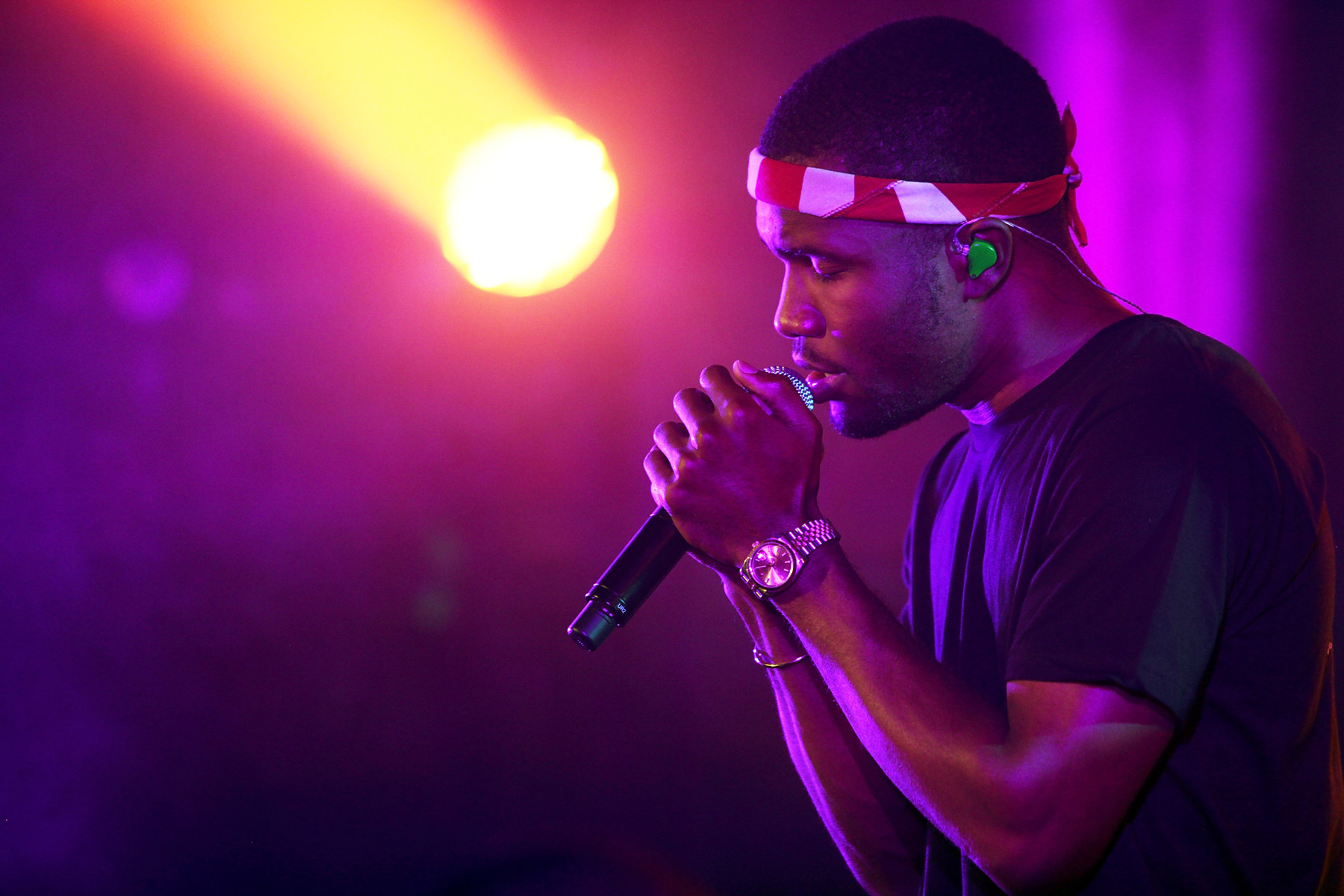 Frank Ocean performing Thinkin Bout You on stage
Frank Ocean performing Thinkin Bout You on stage
Originally intended for Bridget Kelly, “Thinkin Bout You” explores the spectrum of heartbreak emotions. Initially released and then removed from Tumblr in 2011, the minimalist, Grammy-nominated track delivers emotional impact with subtle beauty. Frank Ocean’s tender lyrics, “thinks about [him] still,” hinted at his then-private bisexuality, adding depth to the song’s relatability. “Thinkin Bout You” became central to Channel Orange, the ambitious 2012 album that established Ocean as a leading artist of the 2010s.—J.J.
Mariah Carey, ‘We Belong Together’
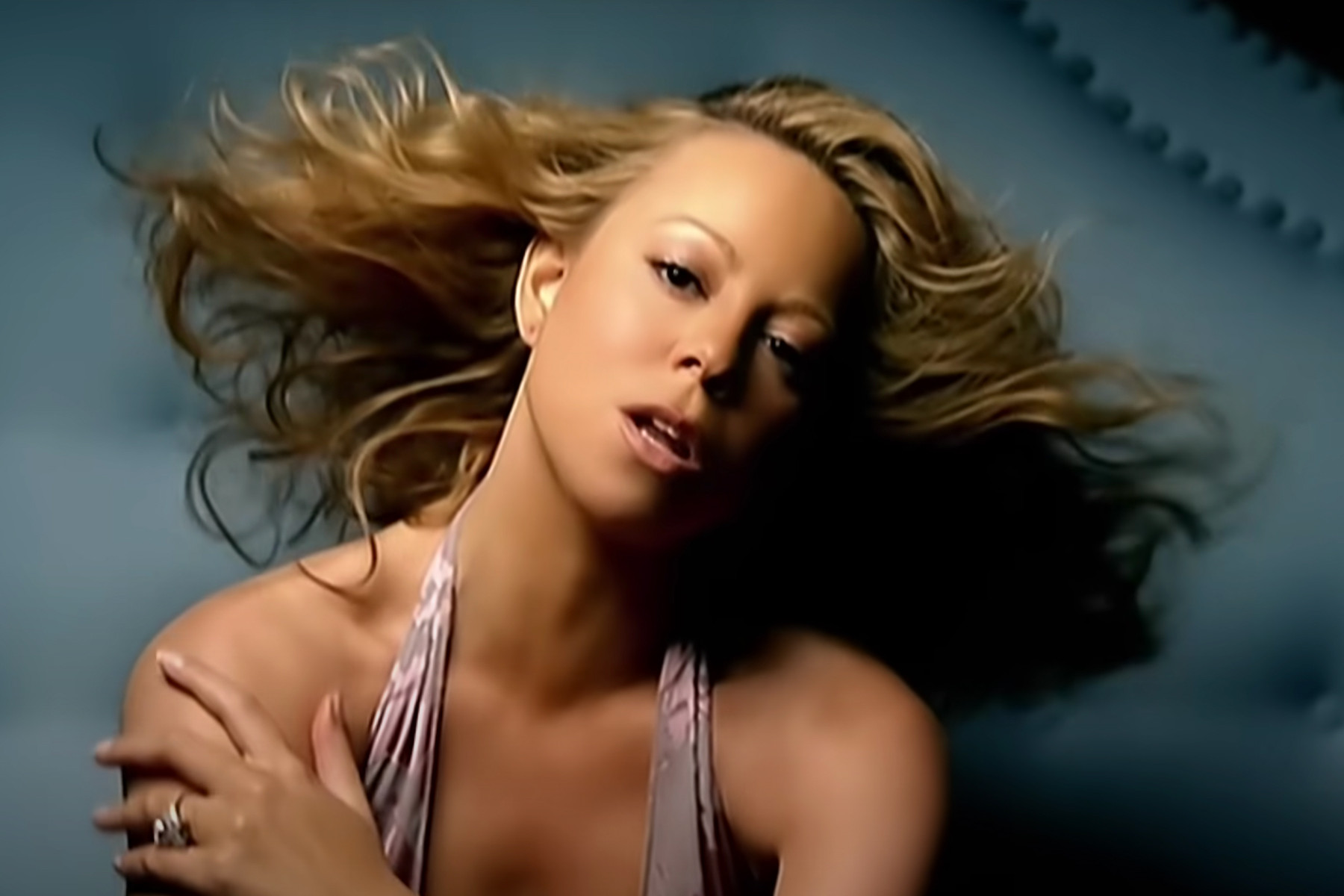 Mariah Carey performing We Belong Together live
Mariah Carey performing We Belong Together live
Despite her 1990s pop dominance, Mariah Carey faced early 2000s setbacks. “We Belong Together” (2005) marked her comeback, earning her first Number One hit in five years. This longing ballad from The Emancipation of Mimi is a plea to a former lover, expressing the devastation of heartbreak. A warm R&B piano ballad, it’s elevated by Carey’s five-octave range and signature whistle notes in lyrics like, “Baby/When you left I lost a part of me (together)/It’s still so hard to believe (come back, come back)/Come back, baby, please (come back, come back)/’Cause we belong together.” It remains one of her most beloved songs.—I.K.
Mary J Blige, ‘Be Without You’
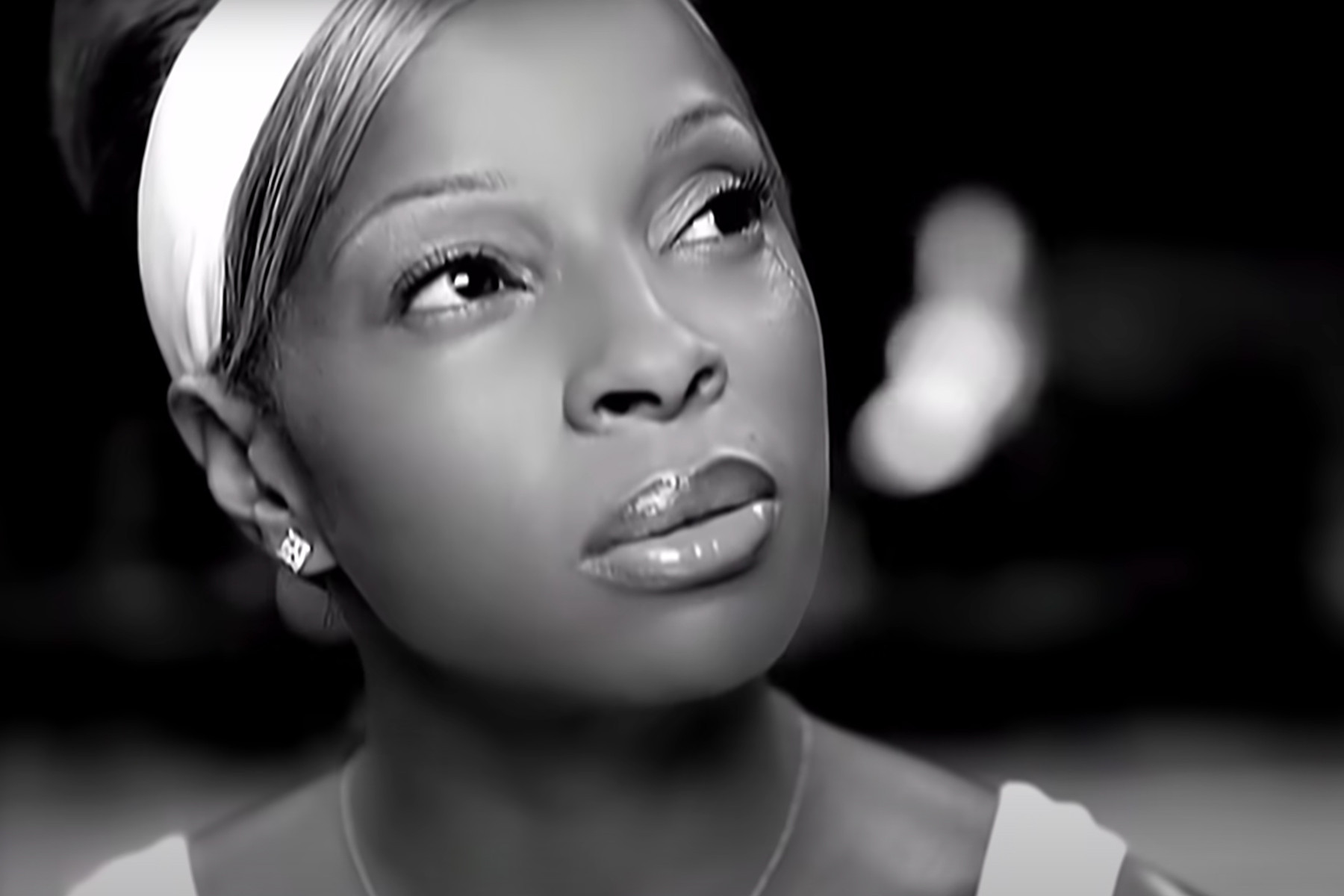 Mary J Blige performing Be Without You on stage
Mary J Blige performing Be Without You on stage
“Be Without You,” from Mary J. Blige’s The Breakthrough (2005), blends her soulful voice with production by Bryan-Michael Cox, Johntá Austin, and Jason Perry. The Queen of Hip-Hop Soul reaffirms her status, exploring unconditional love and resilience with honesty and vulnerability. The Grammy-winning hit reached Number Three on the Billboard Hot 100 in 2006. Despite its poignant resonance with Blige’s personal life changes, it remains a career highlight.—J.J.
Beyoncé, ‘Dangerously in Love 2’
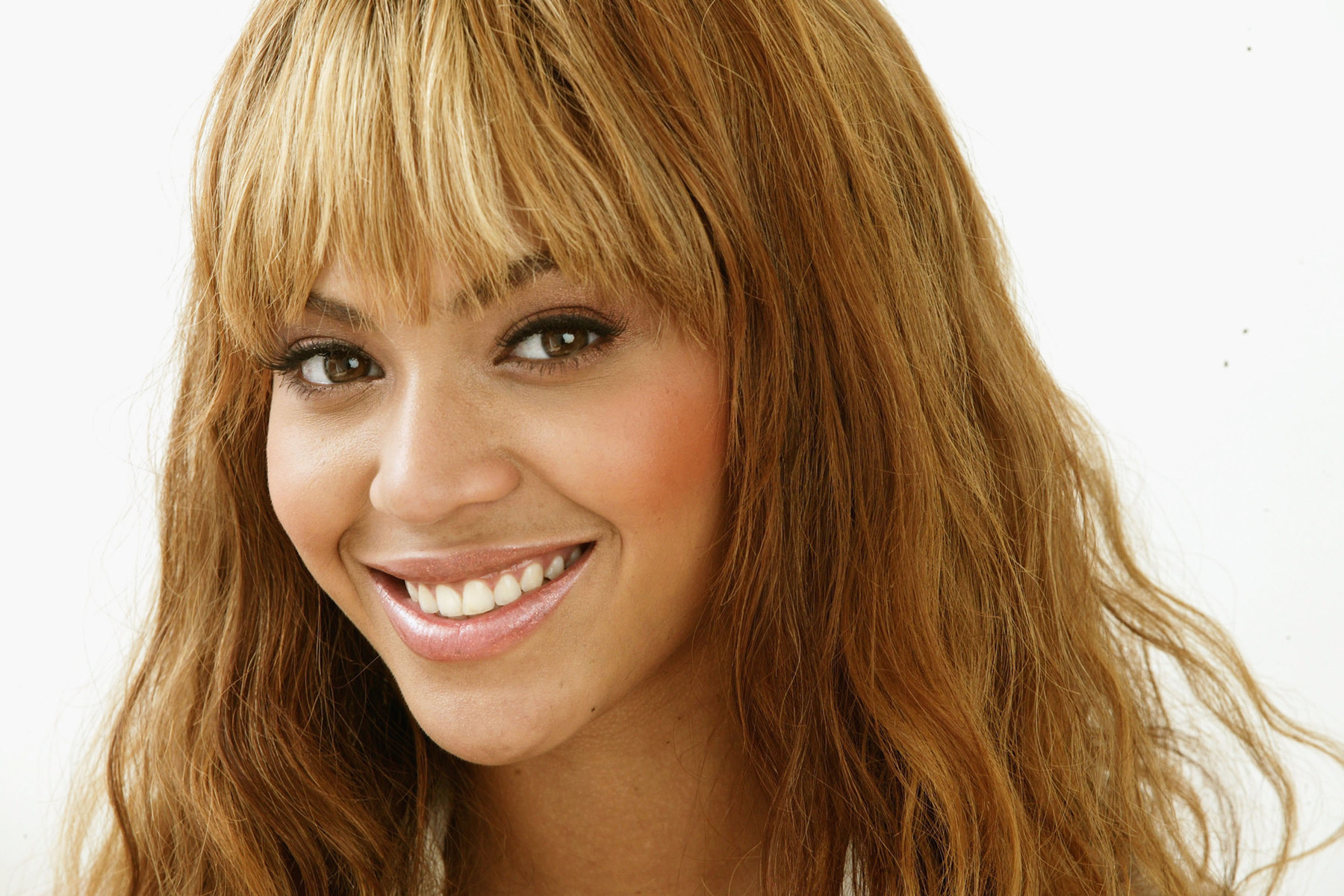 Beyoncé posing during the Dangerously in Love era
Beyoncé posing during the Dangerously in Love era
“Dangerously In Love 2,” initially on Destiny’s Child’s Survivor and rereleased on Beyoncé’s solo album, surpassed the original. The Spanish guitar and bass claps of the original were replaced with twinkling piano and hip-hop influences, foreshadowing Beyoncé’s solo sound. Her talent takes center stage, with increasing passion in each verse and chorus, culminating in a powerful bridge. Its resurgence during the Renaissance World Tour reaffirmed its timeless appeal and Beyoncé’s enduring artistry.—J.J.
D’Angelo, ‘Untitled (How Does It Feel)’
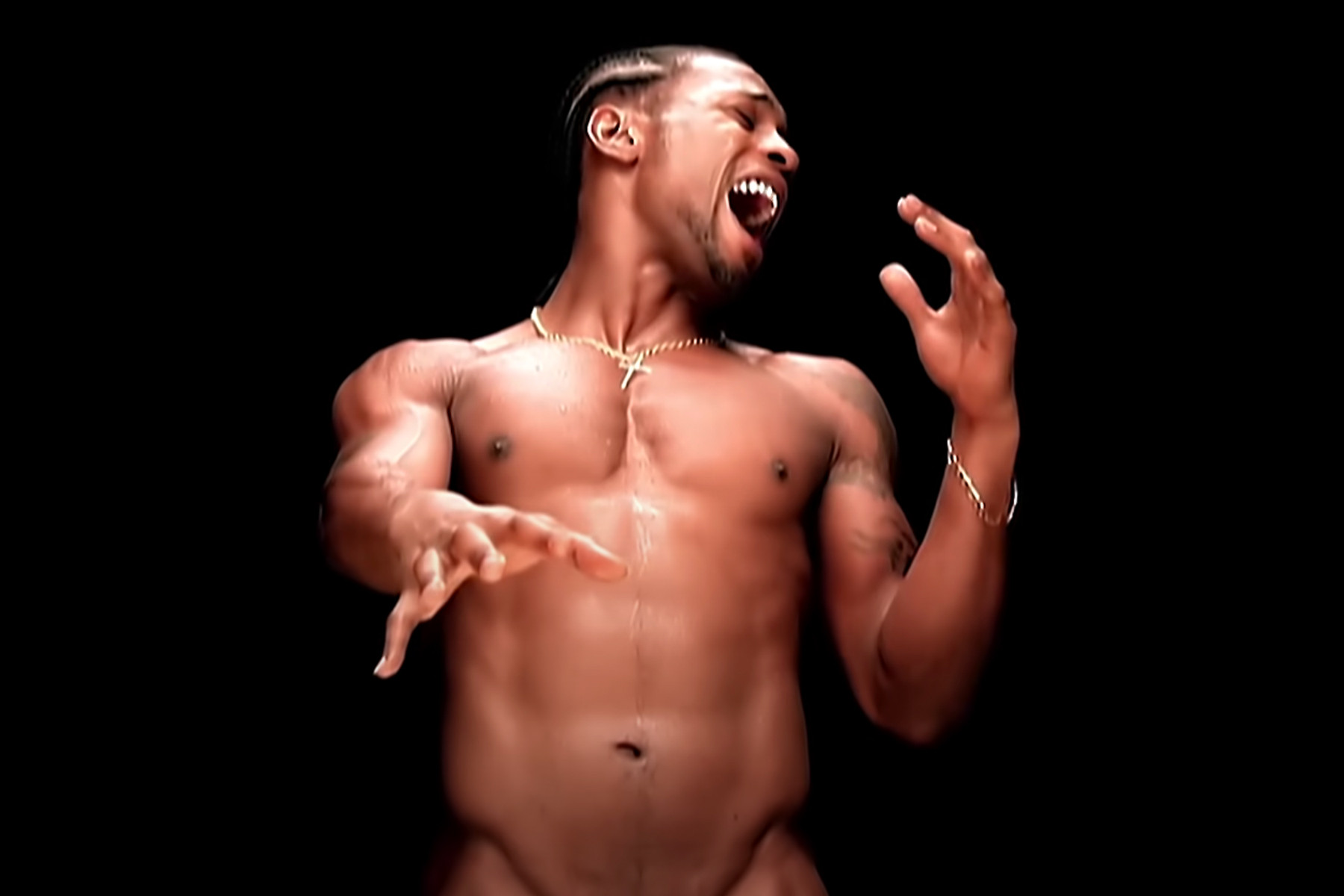 D'Angelo performing Untitled (How Does It Feel) in a music video
D'Angelo performing Untitled (How Does It Feel) in a music video
D’Angelo emerged in the mid-1990s, pioneering live instrumentation and organic sounds in an era of digital production. The neo-soul movement he inspired grew, but D’Angelo, uncomfortable with fame, took five years between his 1995 debut, Brown Sugar, and Voodoo (2000). “Untitled (How Does It Feel),” the album’s seven-minute single, signaled his evolved vision with Prince-like sensuality. Its groove and vocals, reminiscent of a psychedelic Al Green, stretched artistic boundaries.—J.D.
Usher, ‘Confessions Part II’
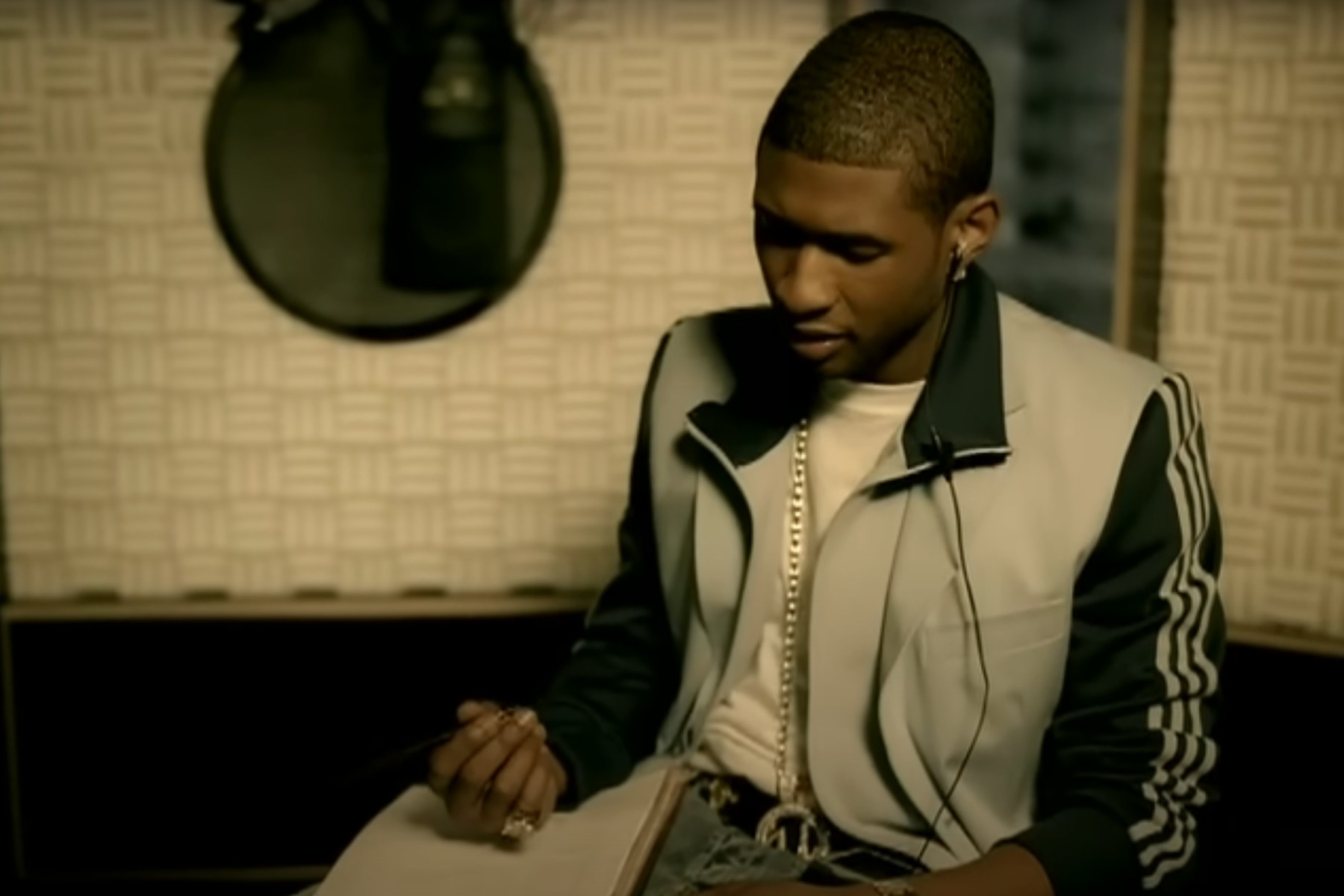 Usher performing Confessions in the early 2000s
Usher performing Confessions in the early 2000s
Just as Michael Jackson’s Thriller inspired pop stars like Beyoncé and Justin Timberlake, Usher’s Confessions (2004) defined the early 2000s, demonstrating urban music’s central place in pop. Confessions sold over 10 million copies and influenced artists like Chris Brown, Justin Bieber, and Drake. “Confessions Part II” set a new standard for 21st-century R&B with its emotional depth, narrative inspired by producer Jermaine Dupri’s life, and Usher’s compelling performance. Blending personal storytelling with a sultry soundscape that foreshadowed Atlanta trap, Confessions permeated pop culture, and “Confessions Part II” remains iconic, exemplifying the blend of traditional talent and modern technique.—K.T.
